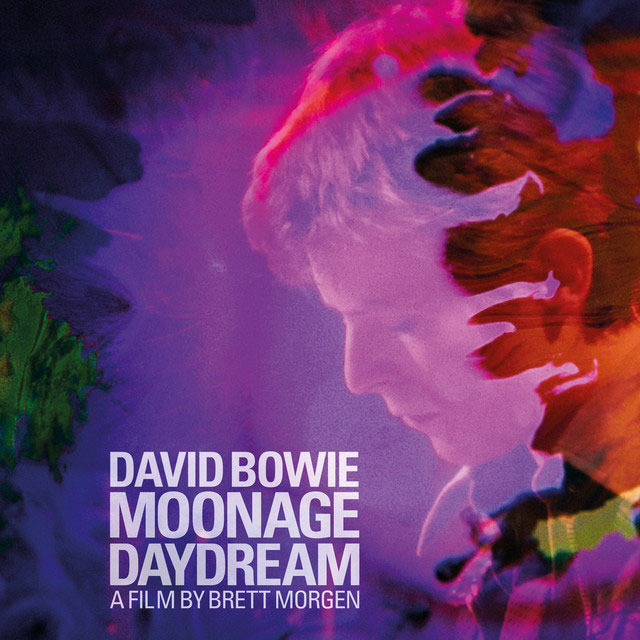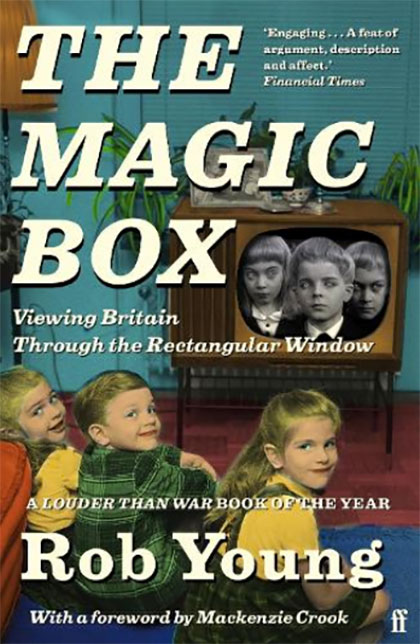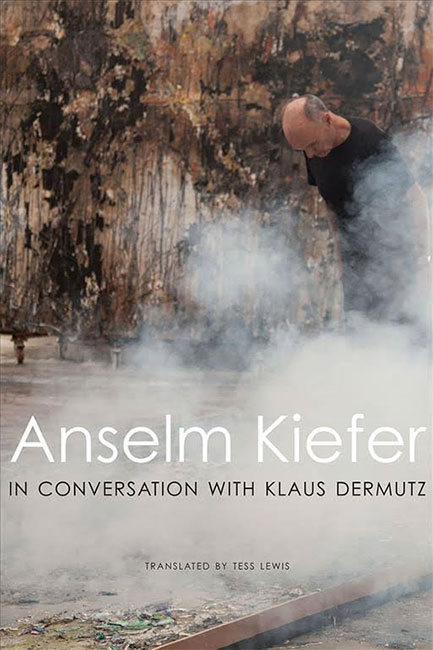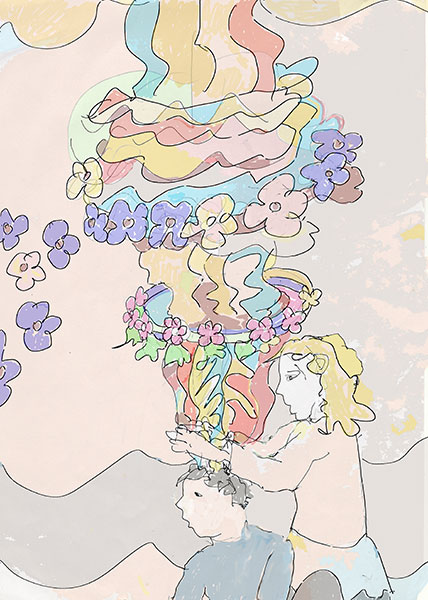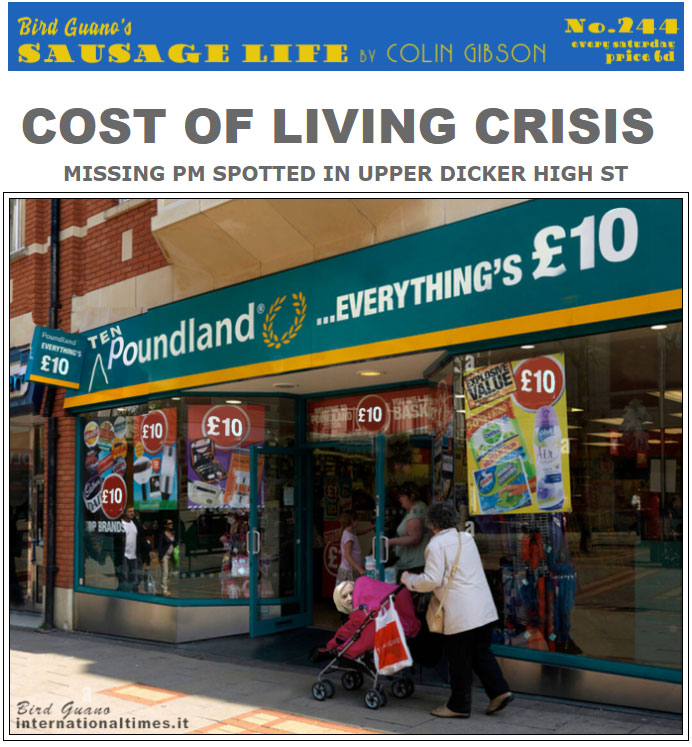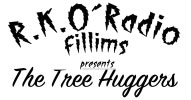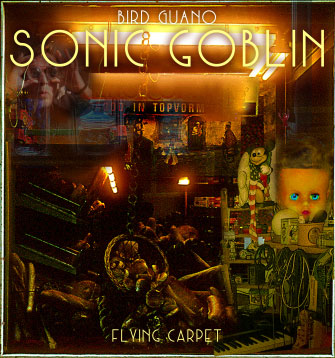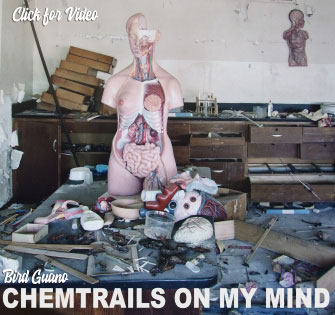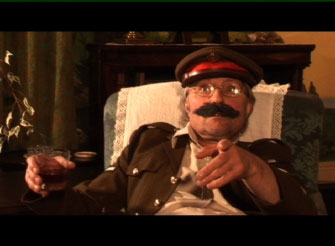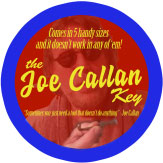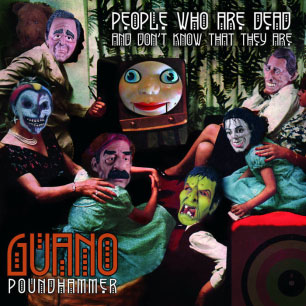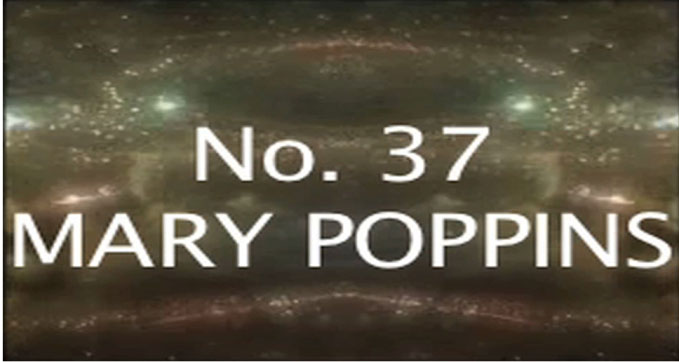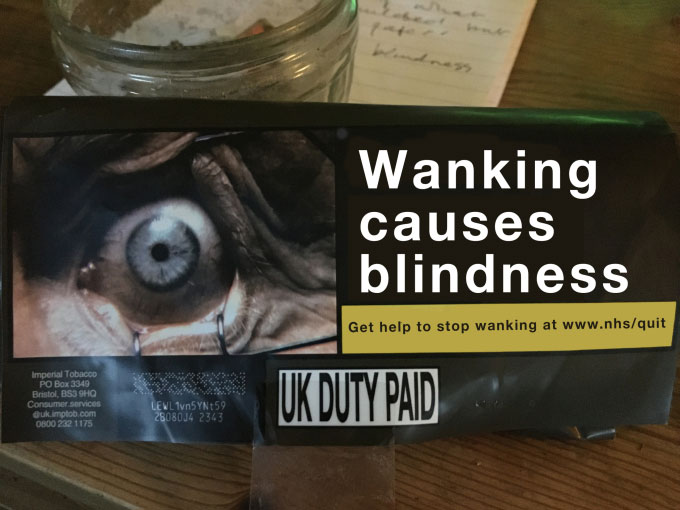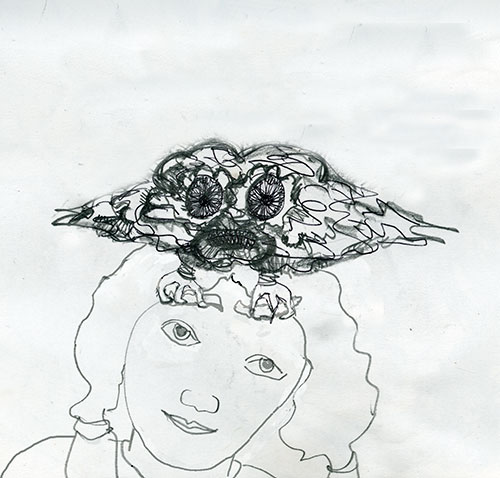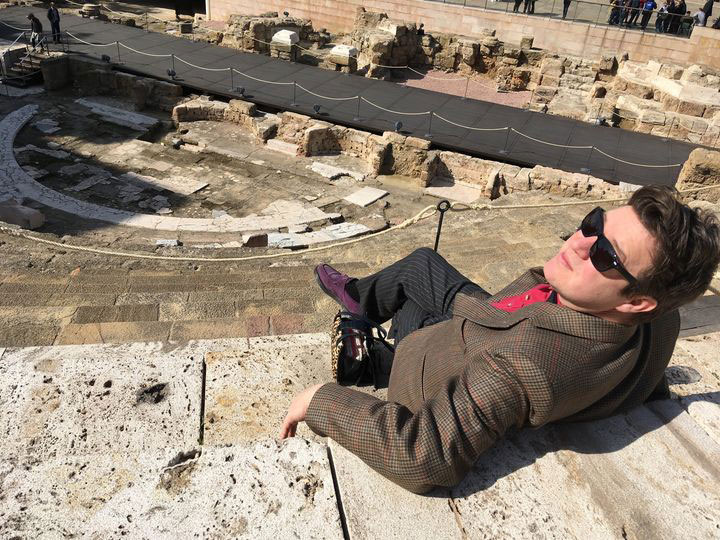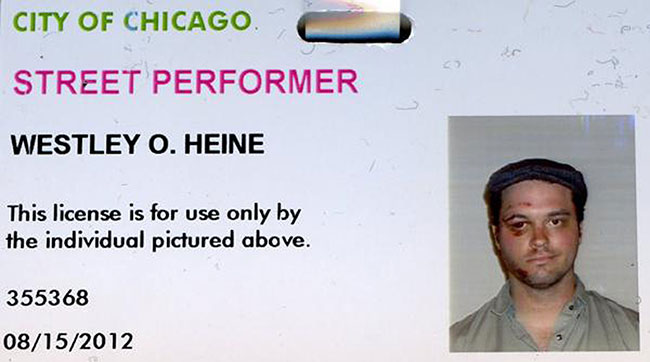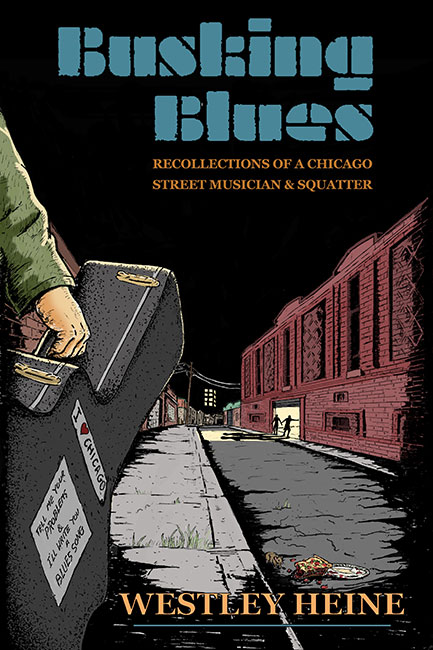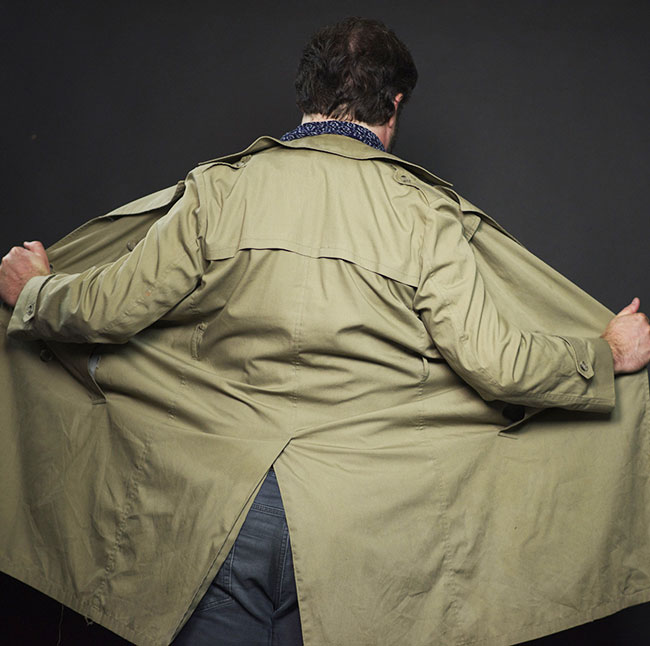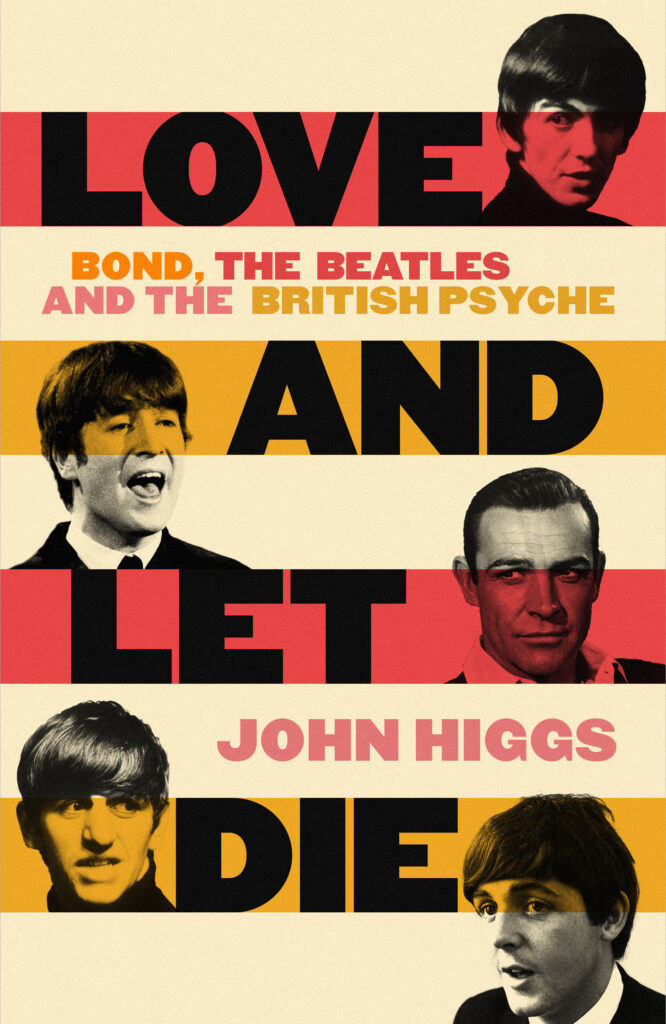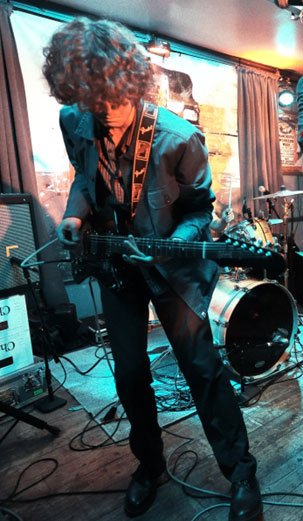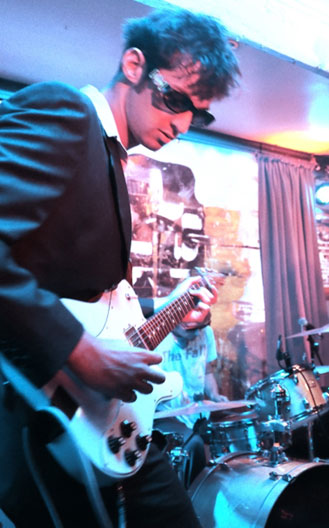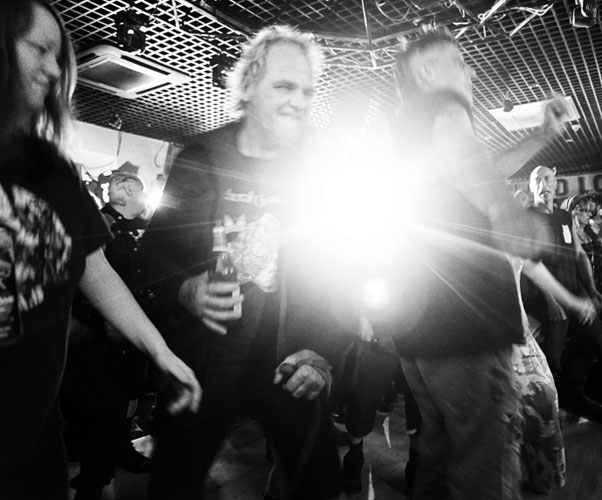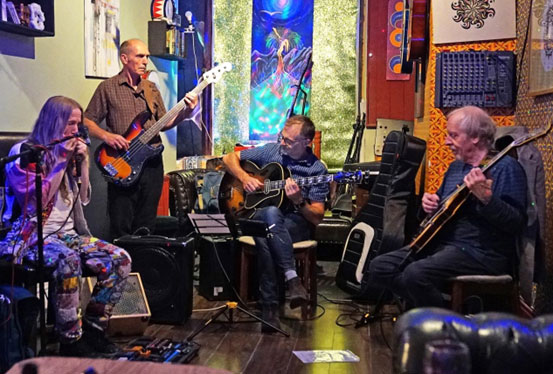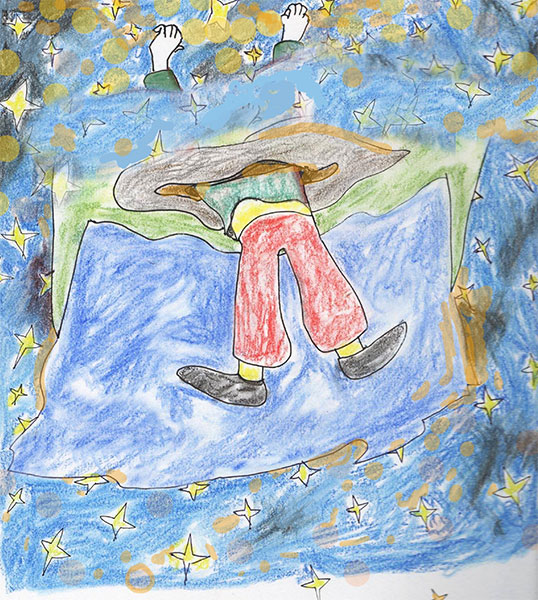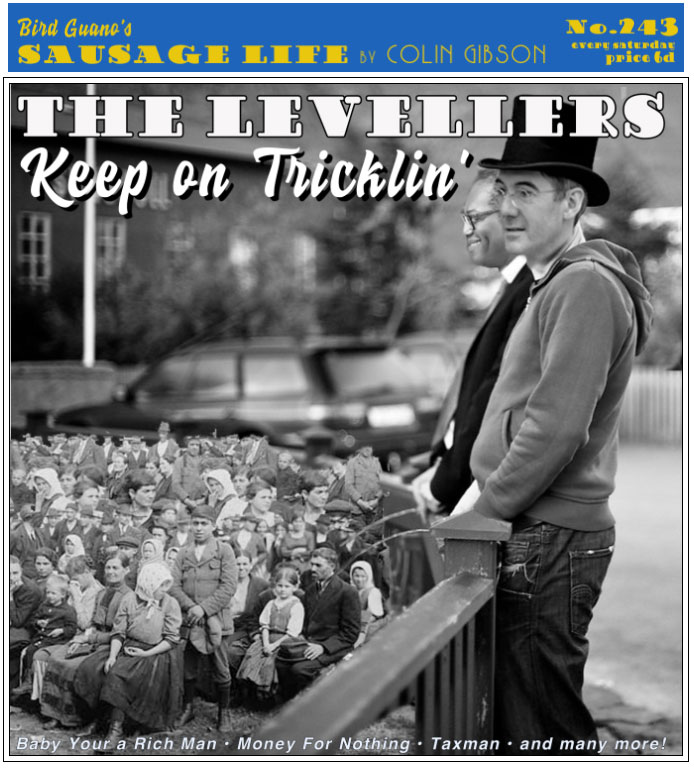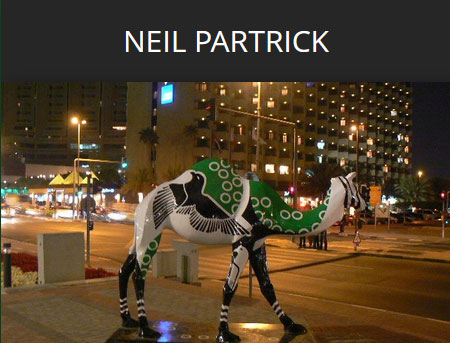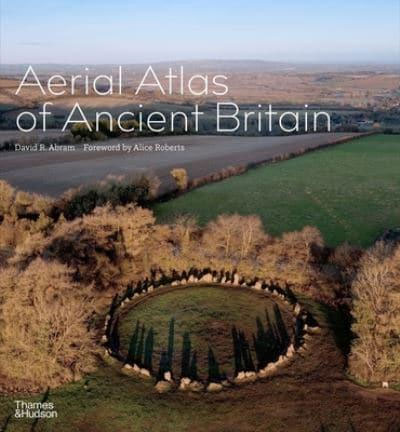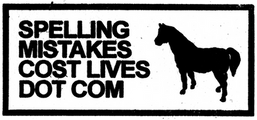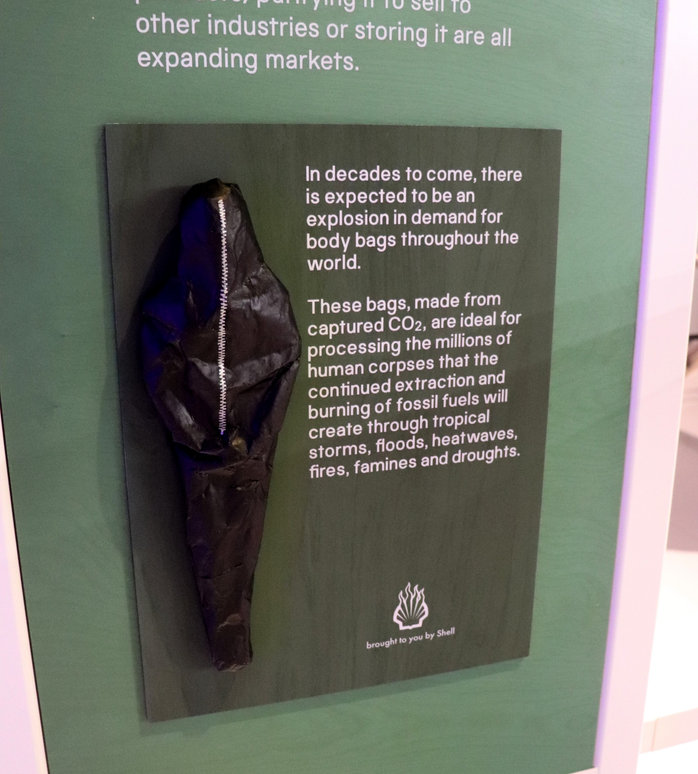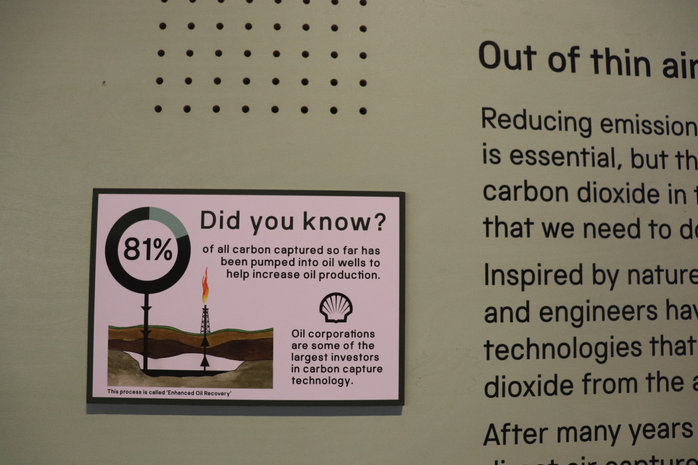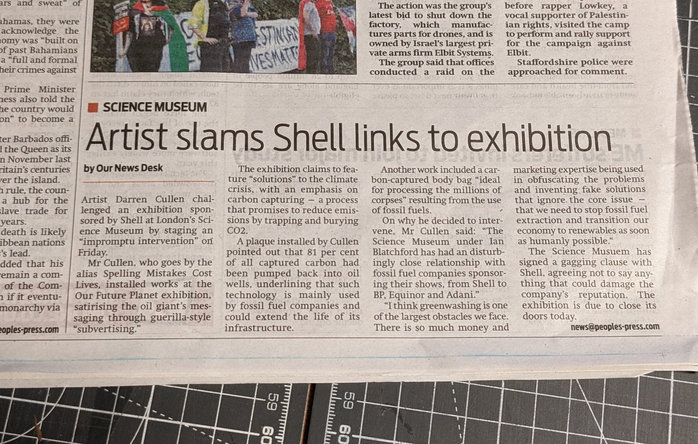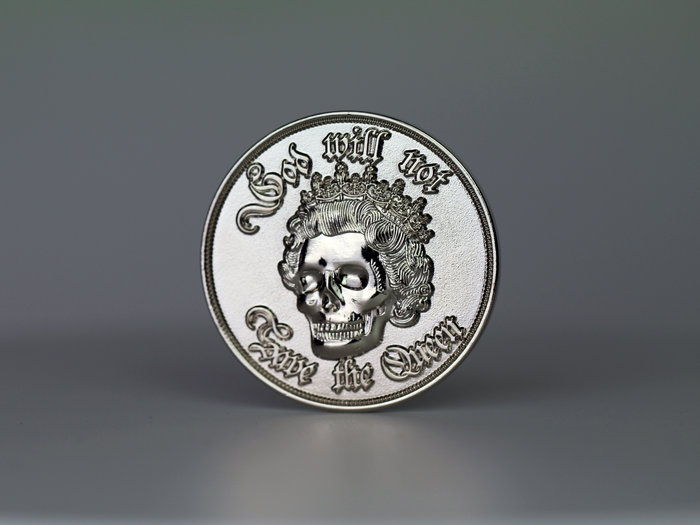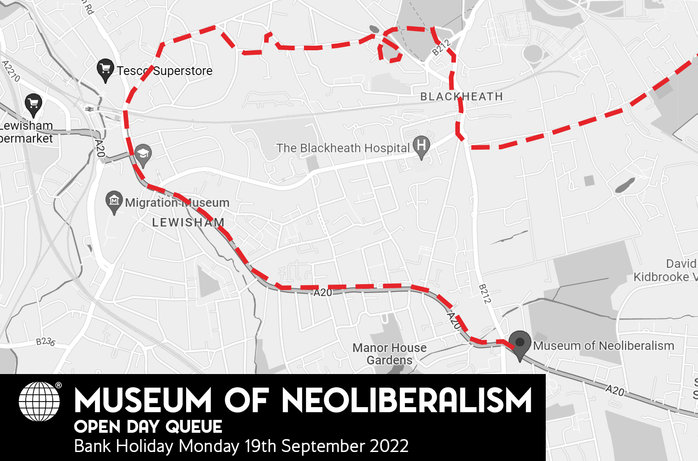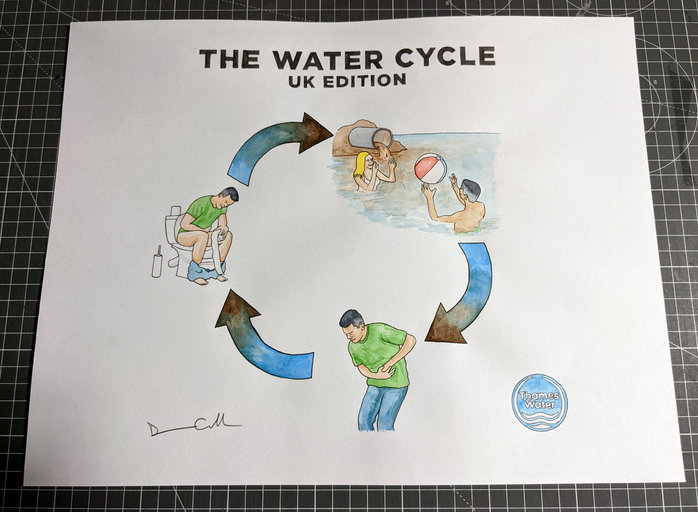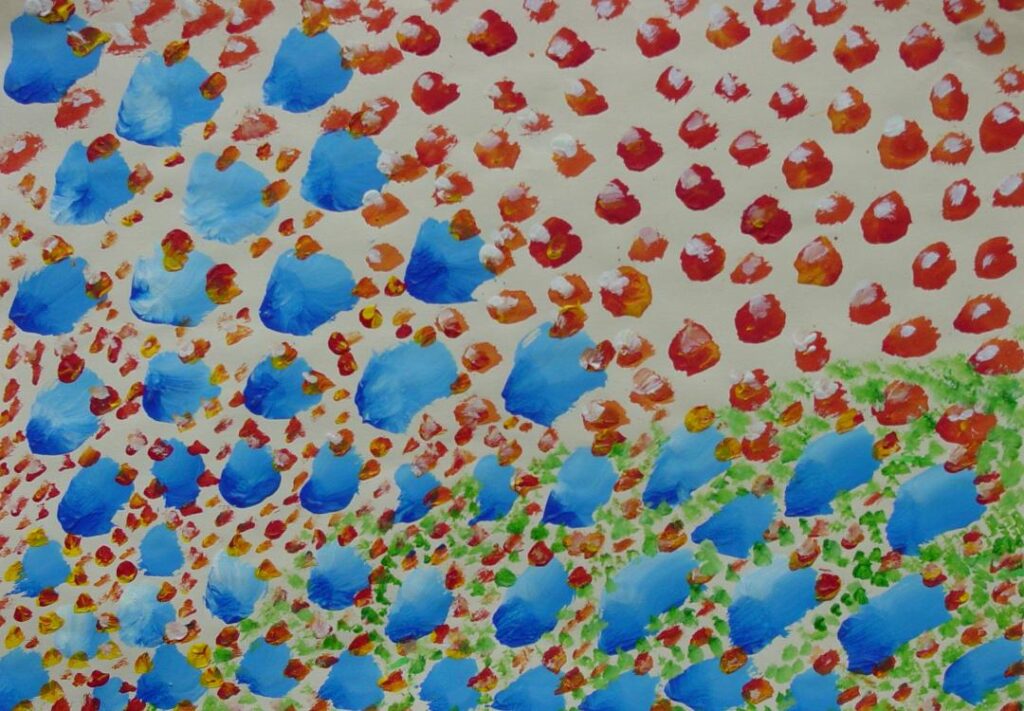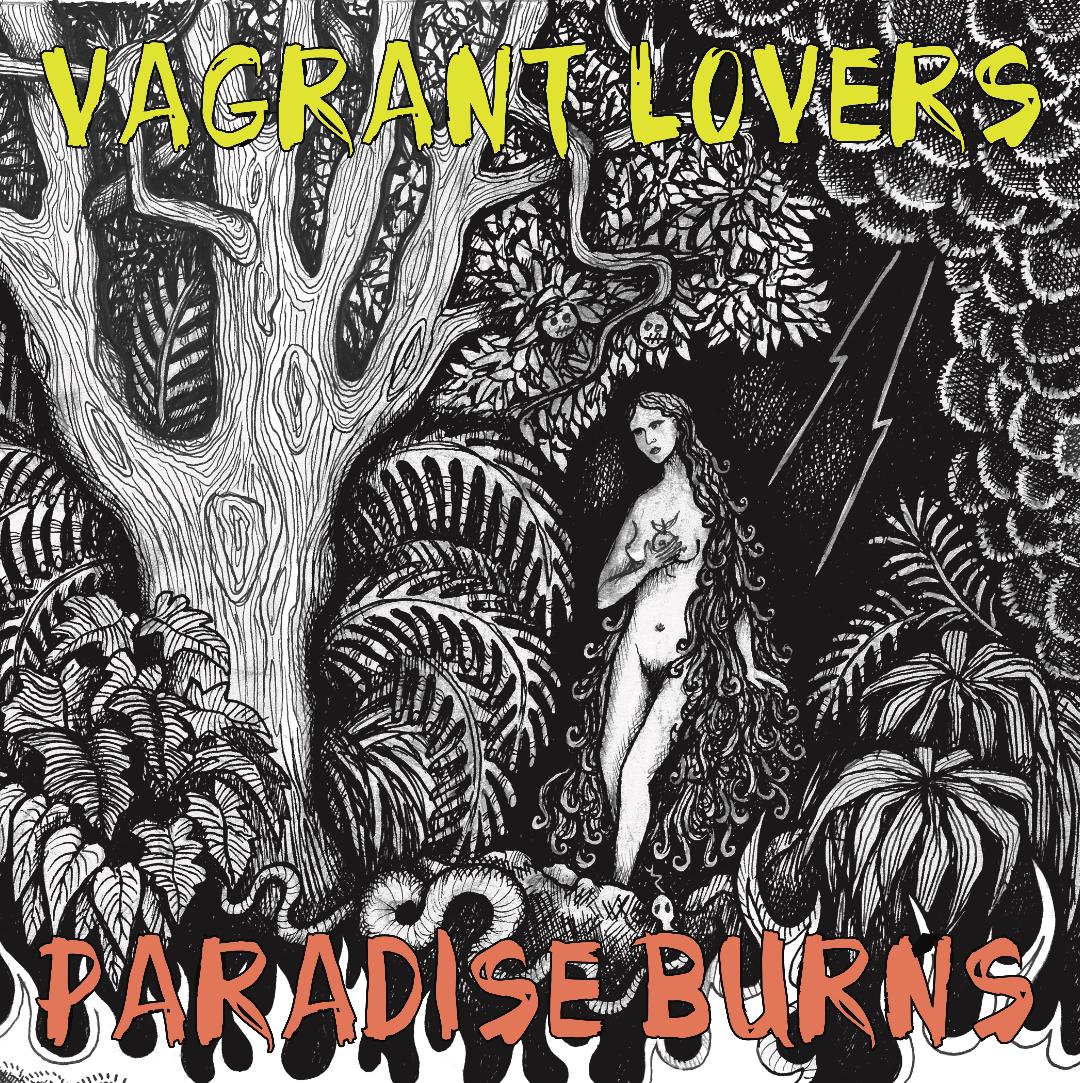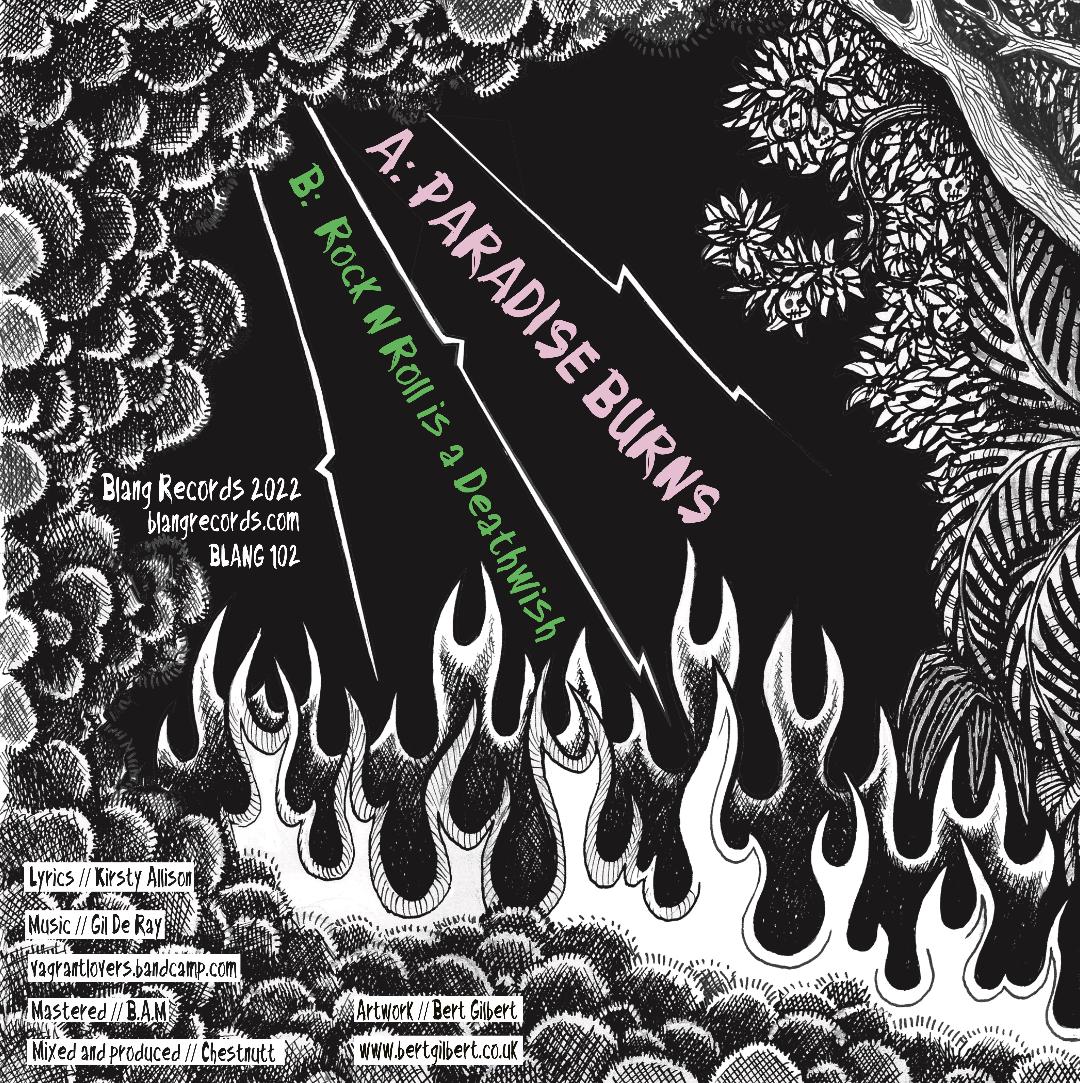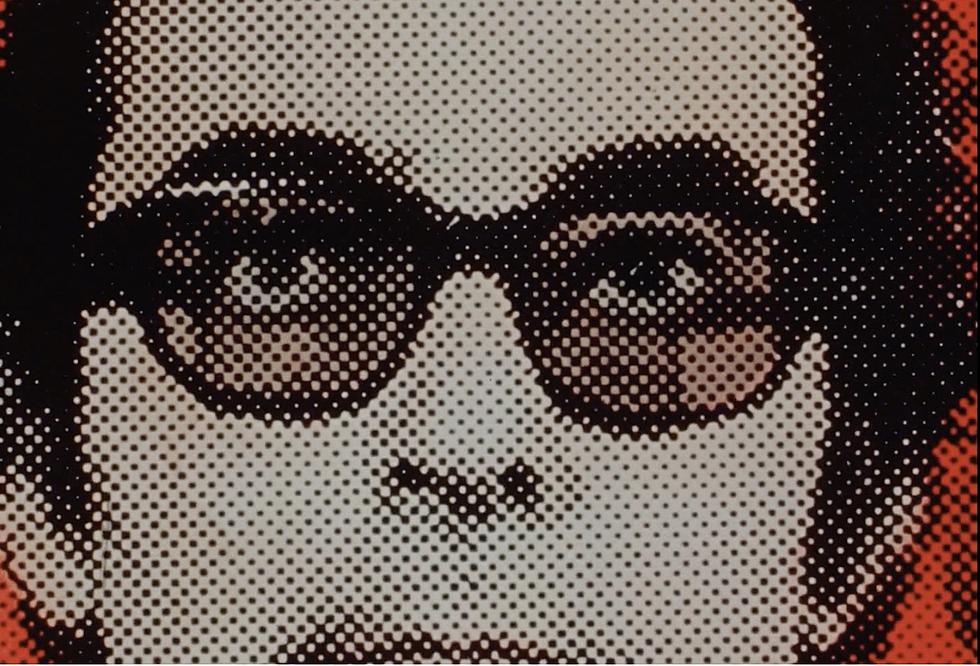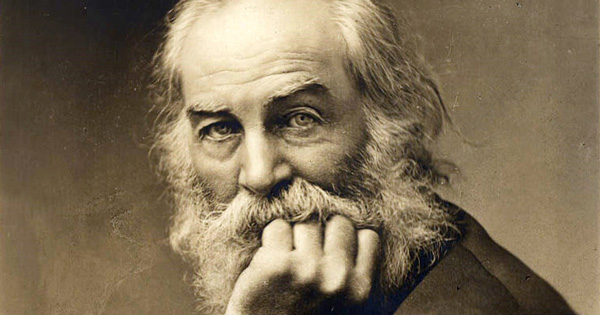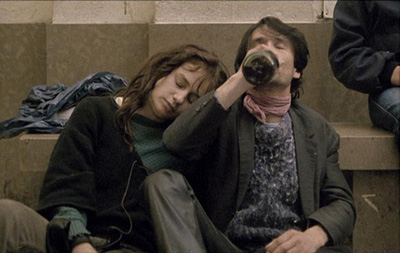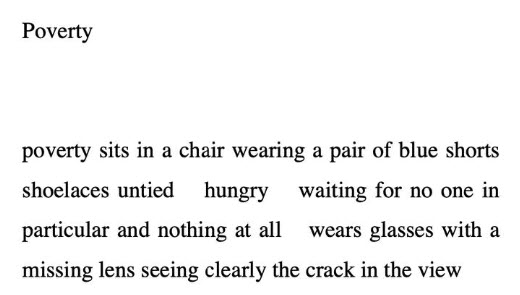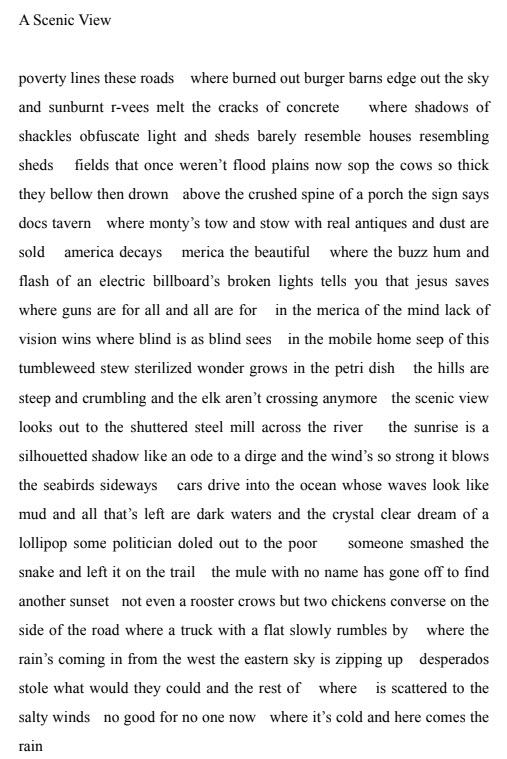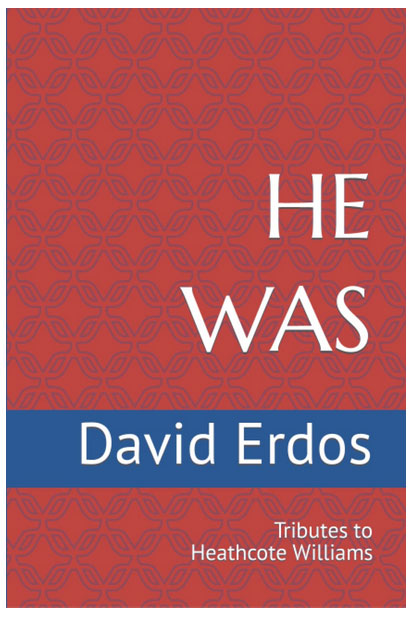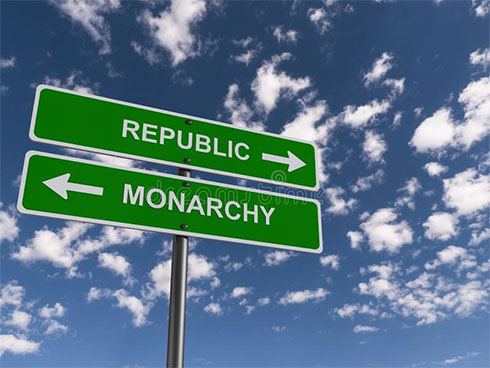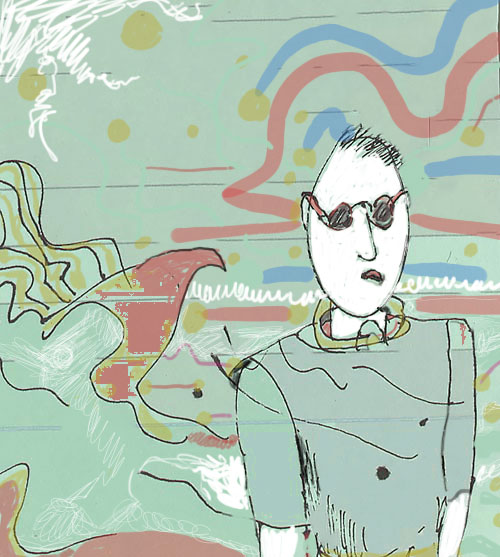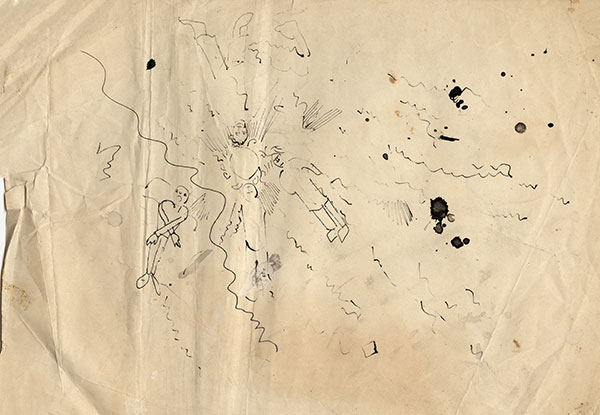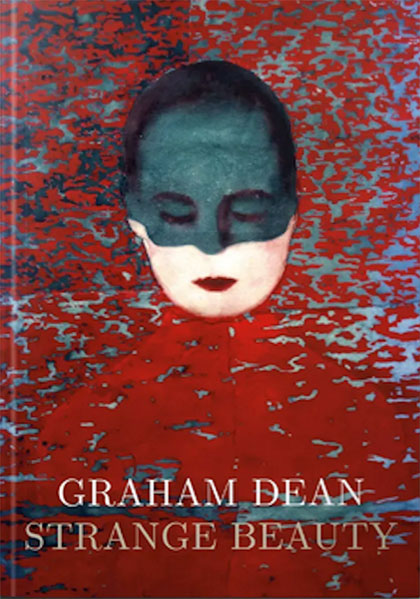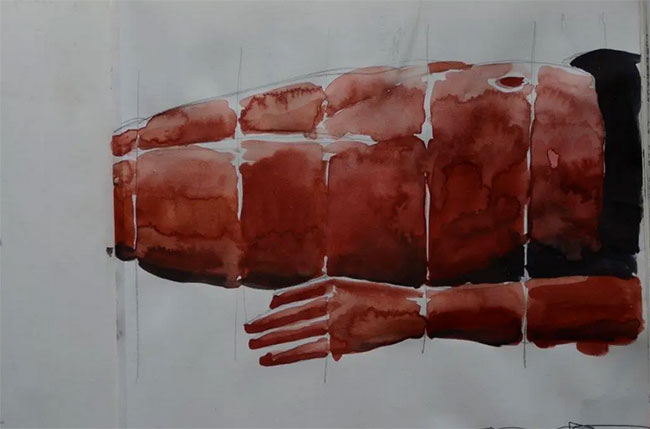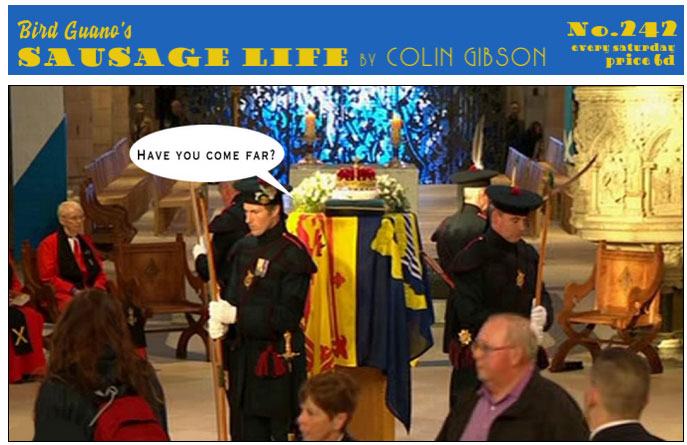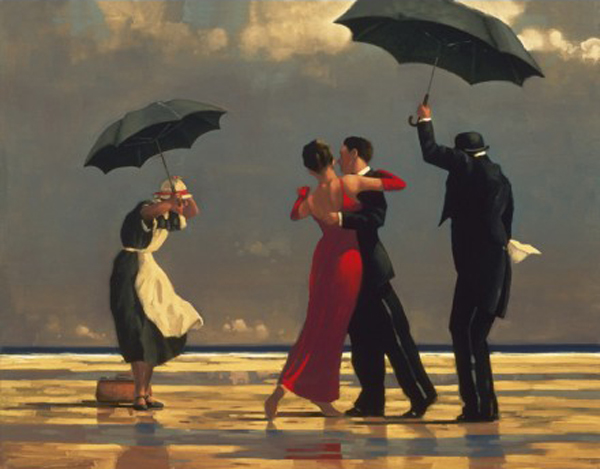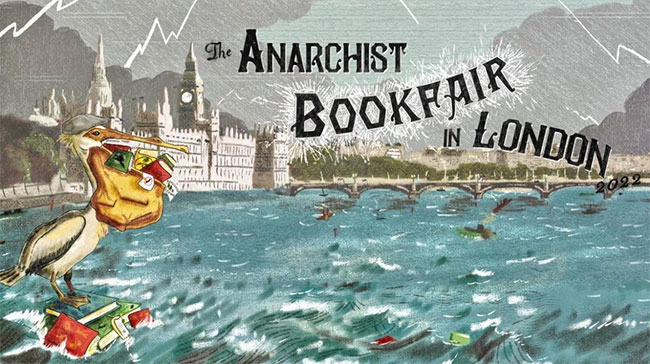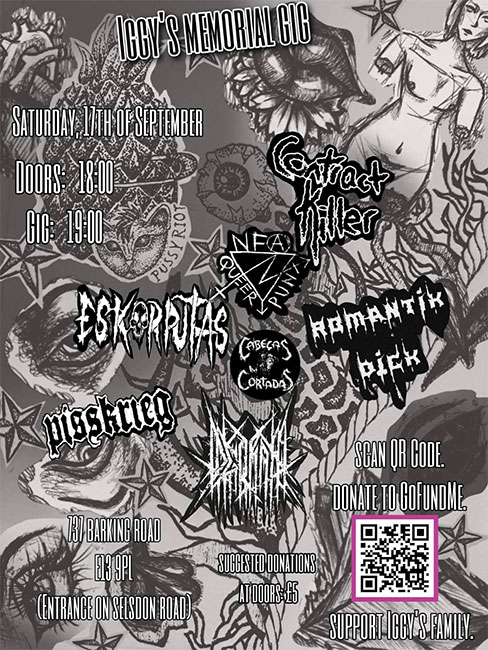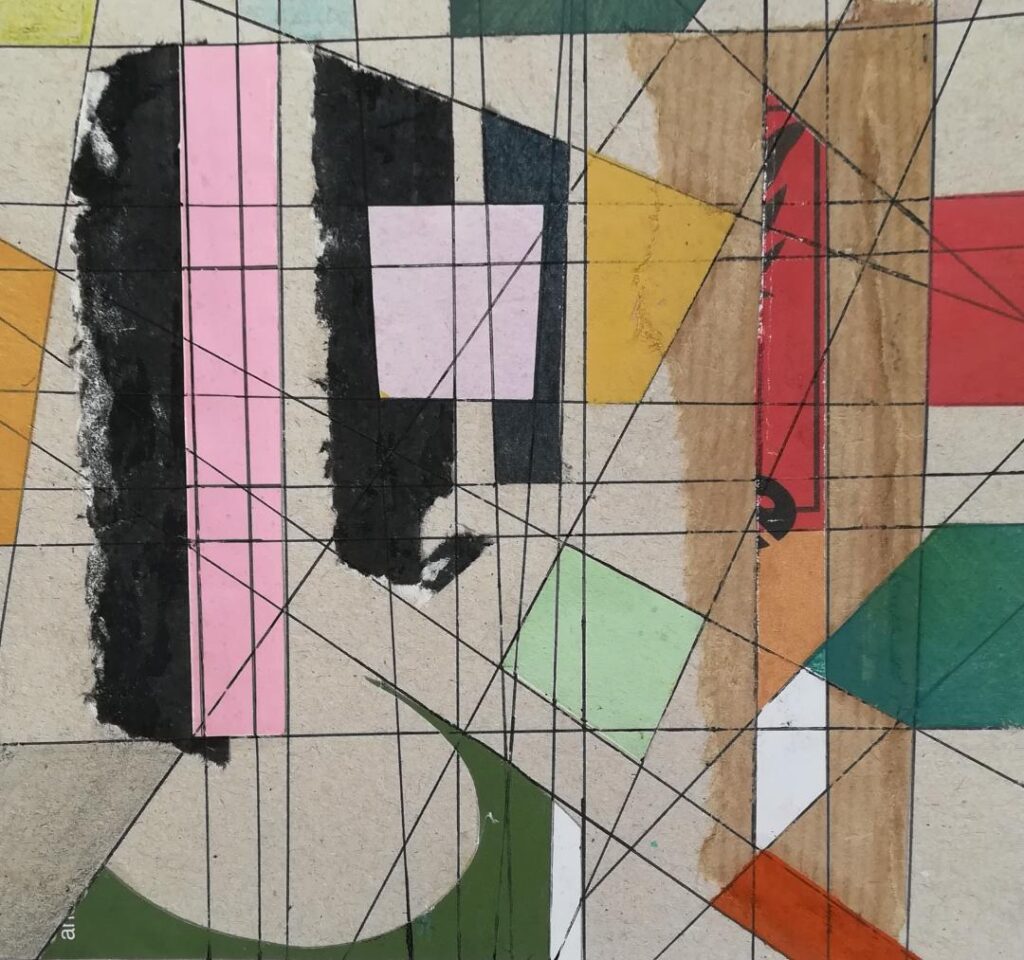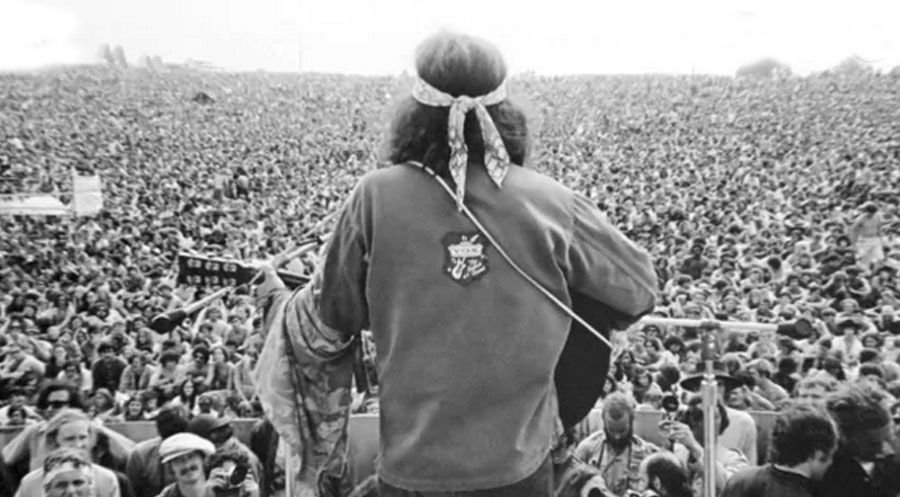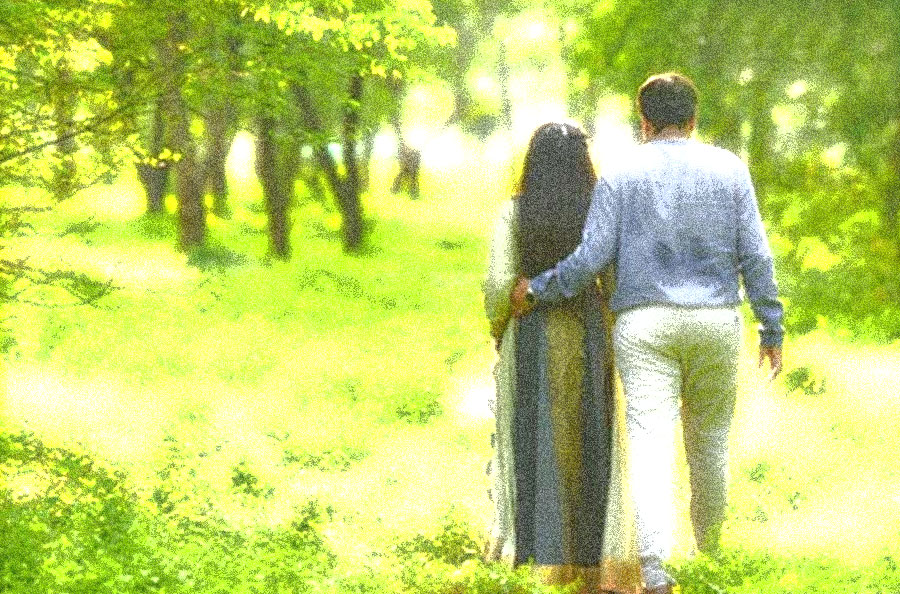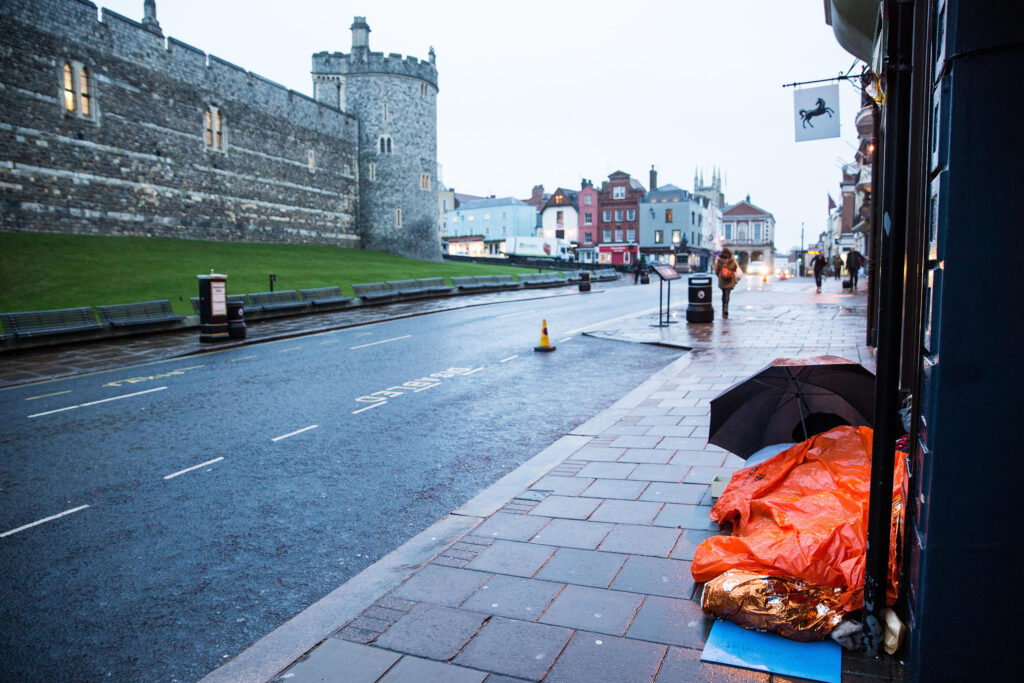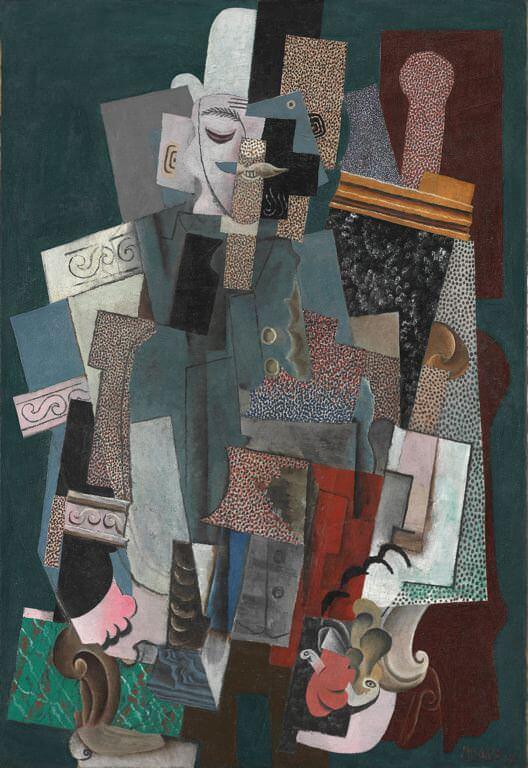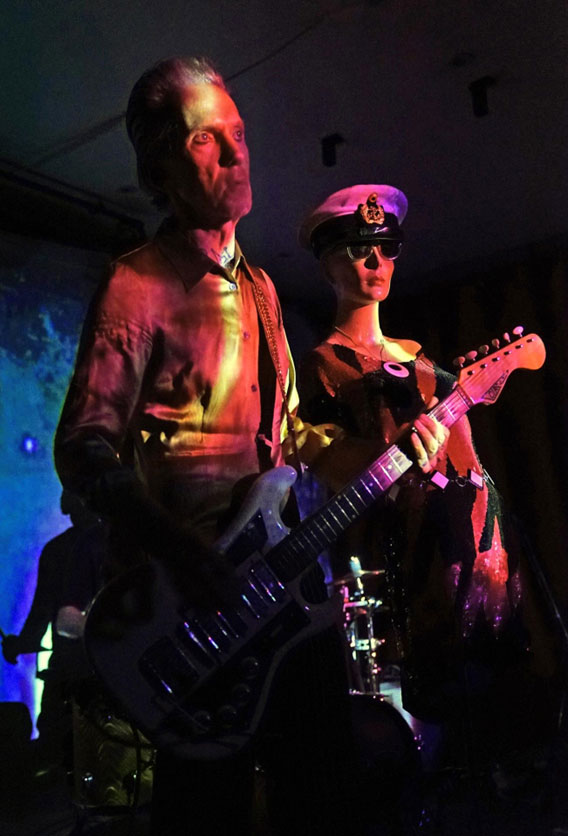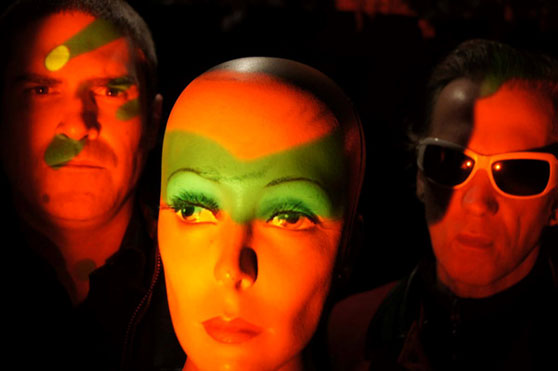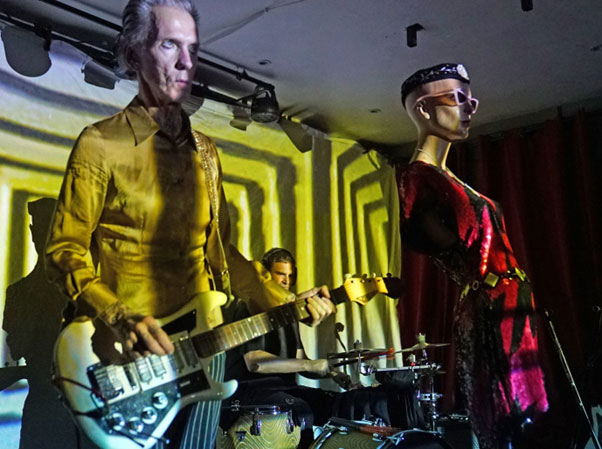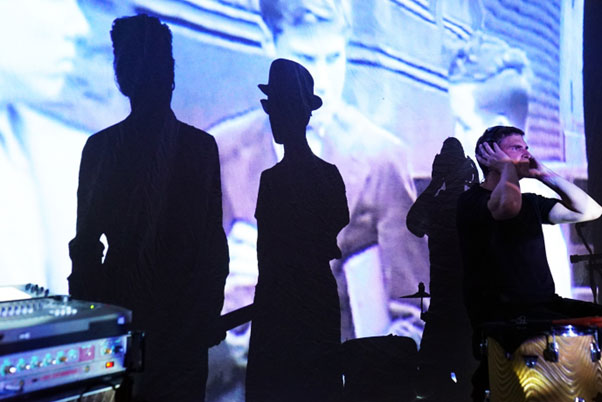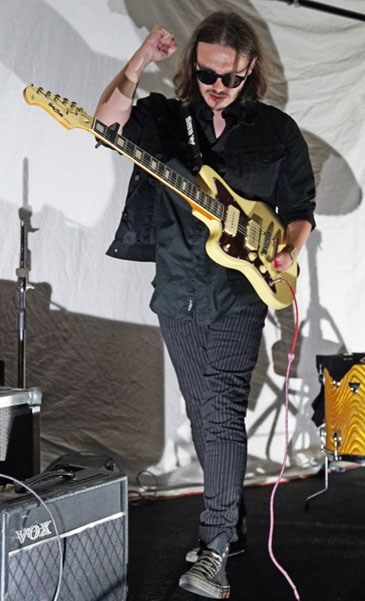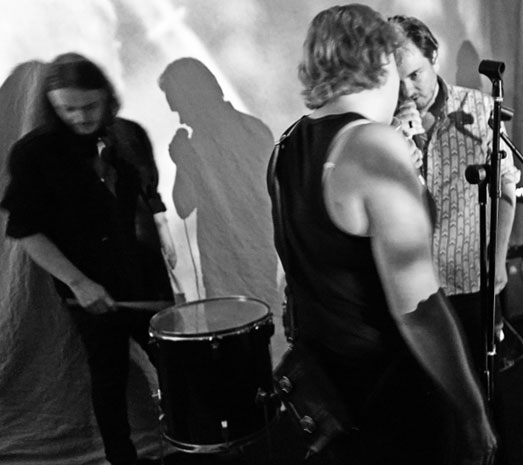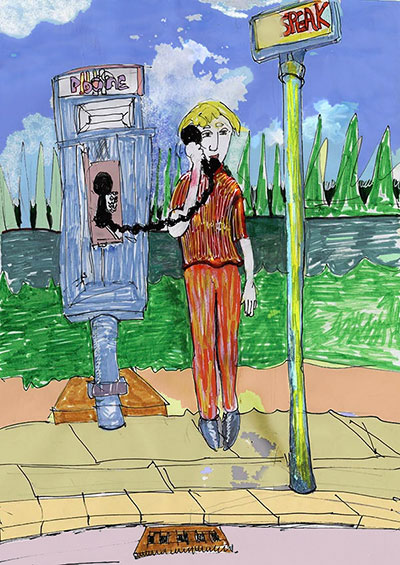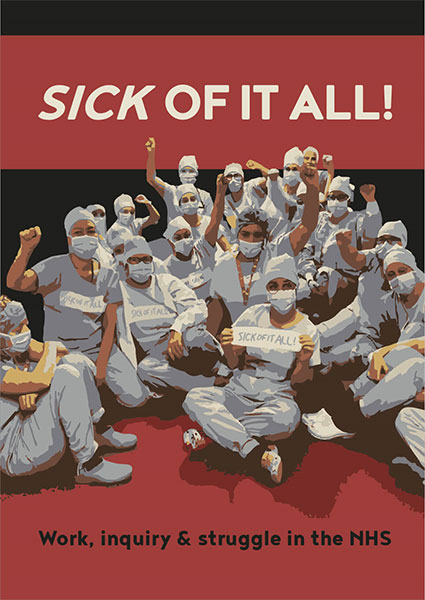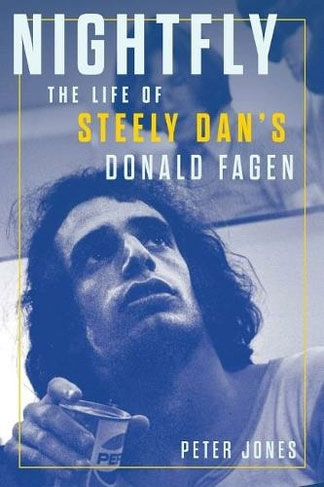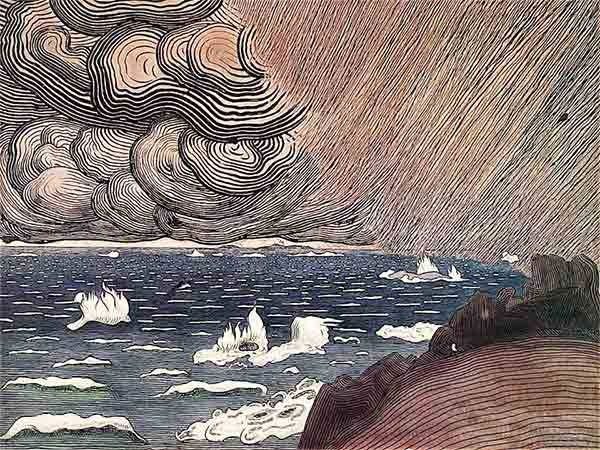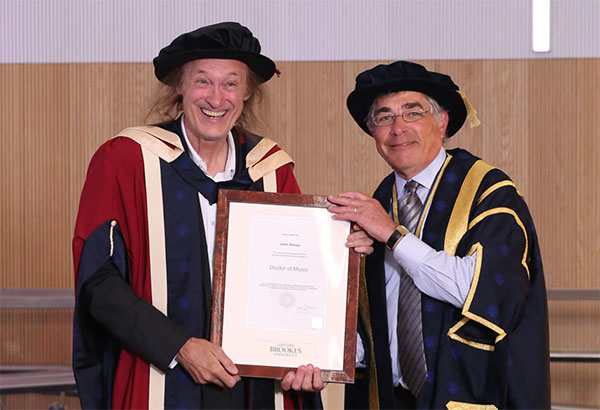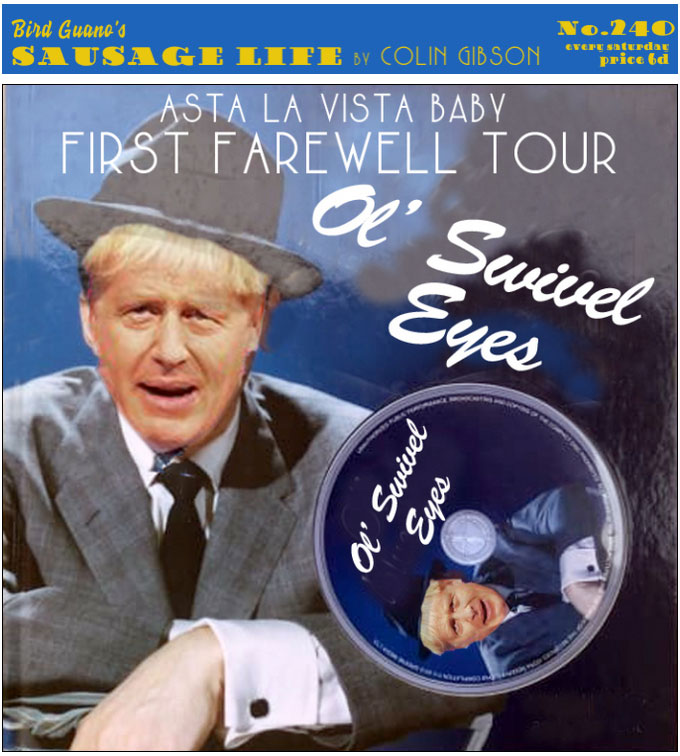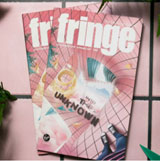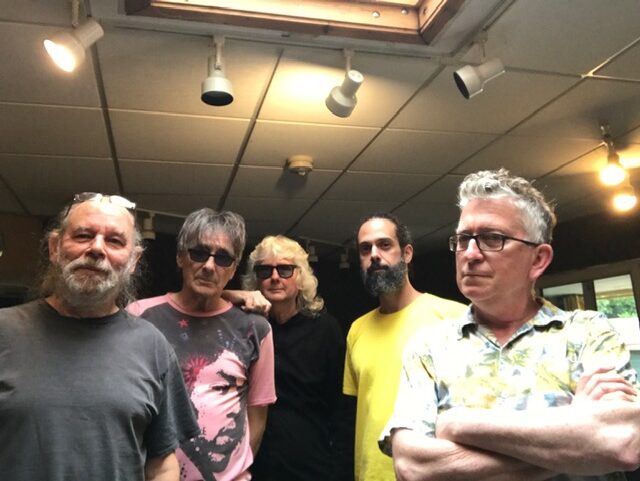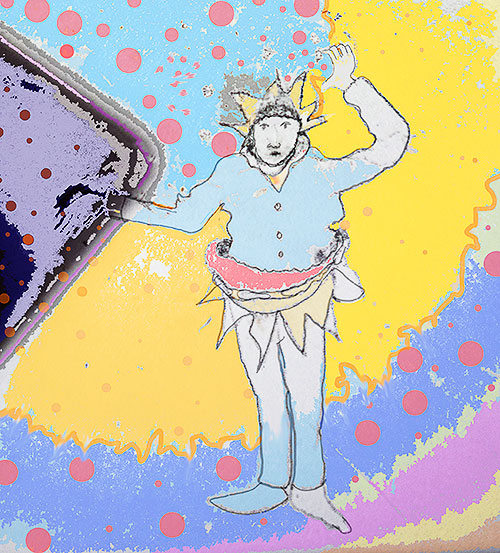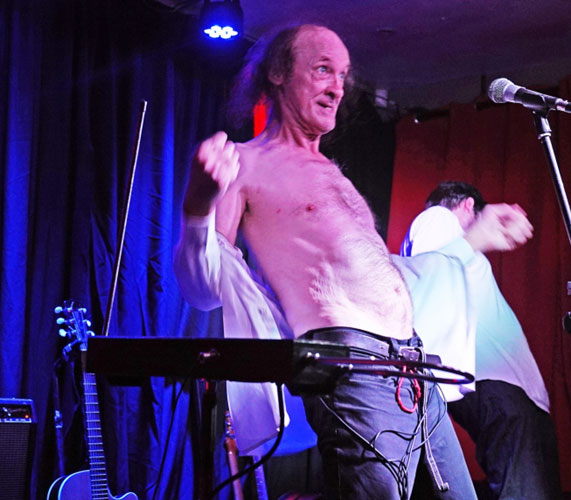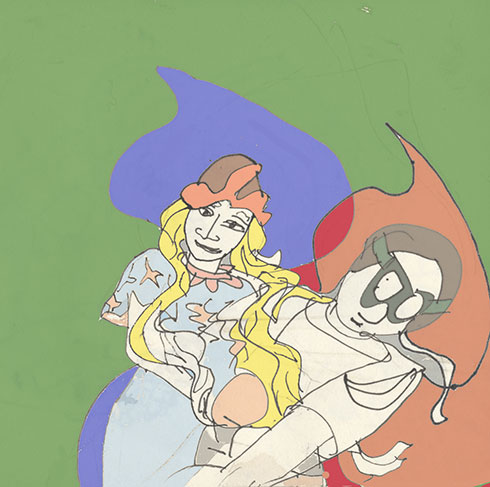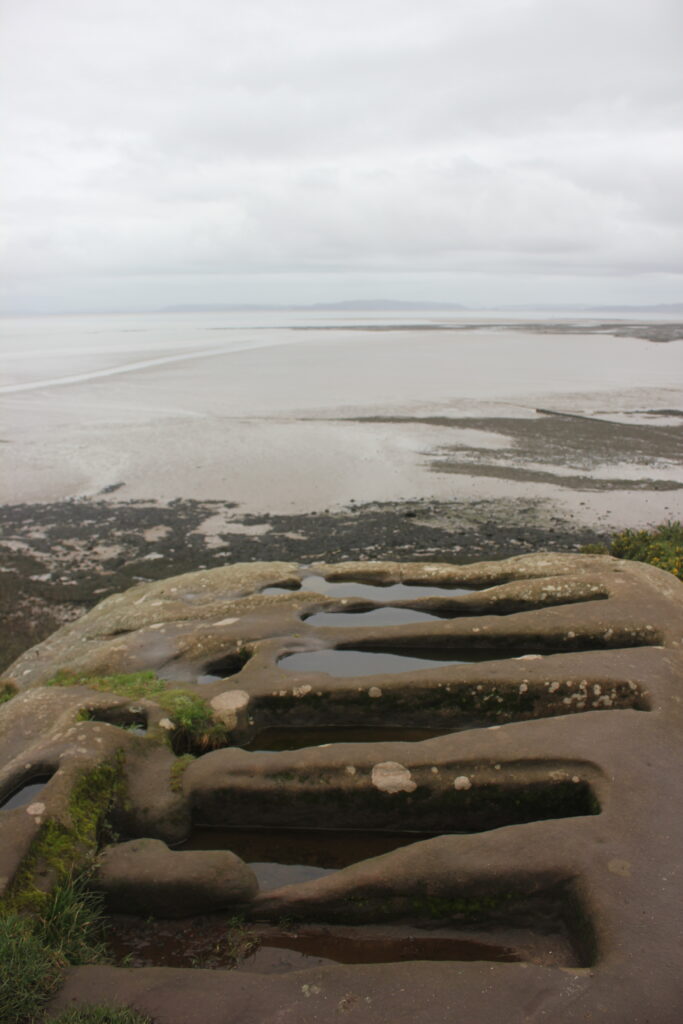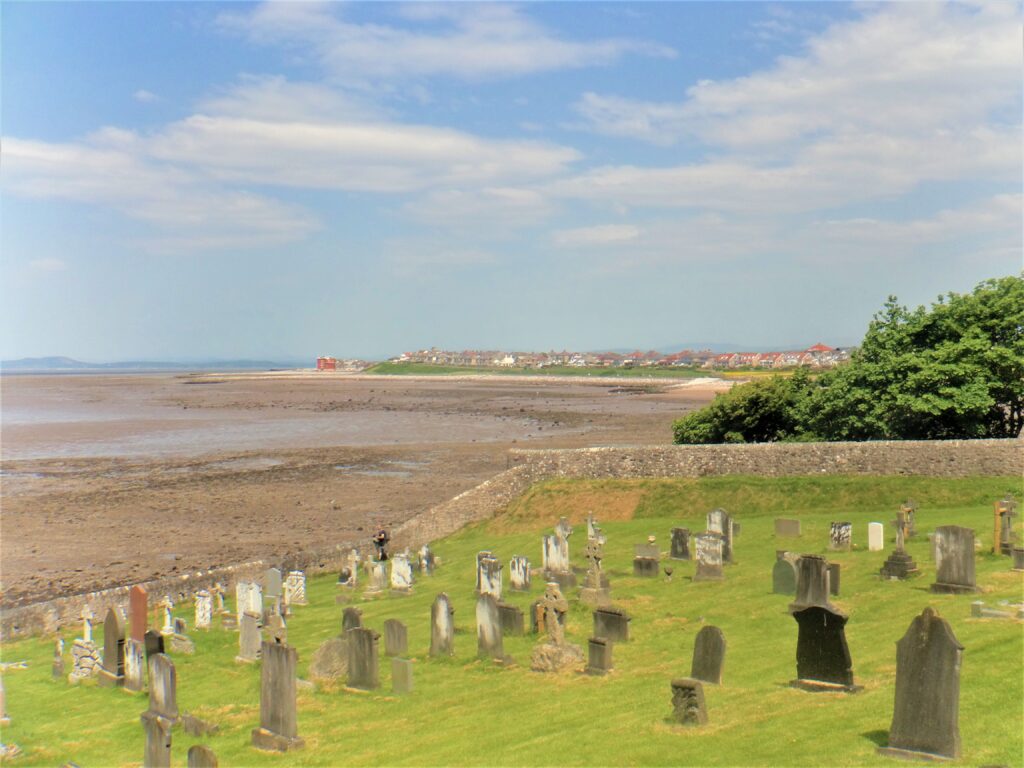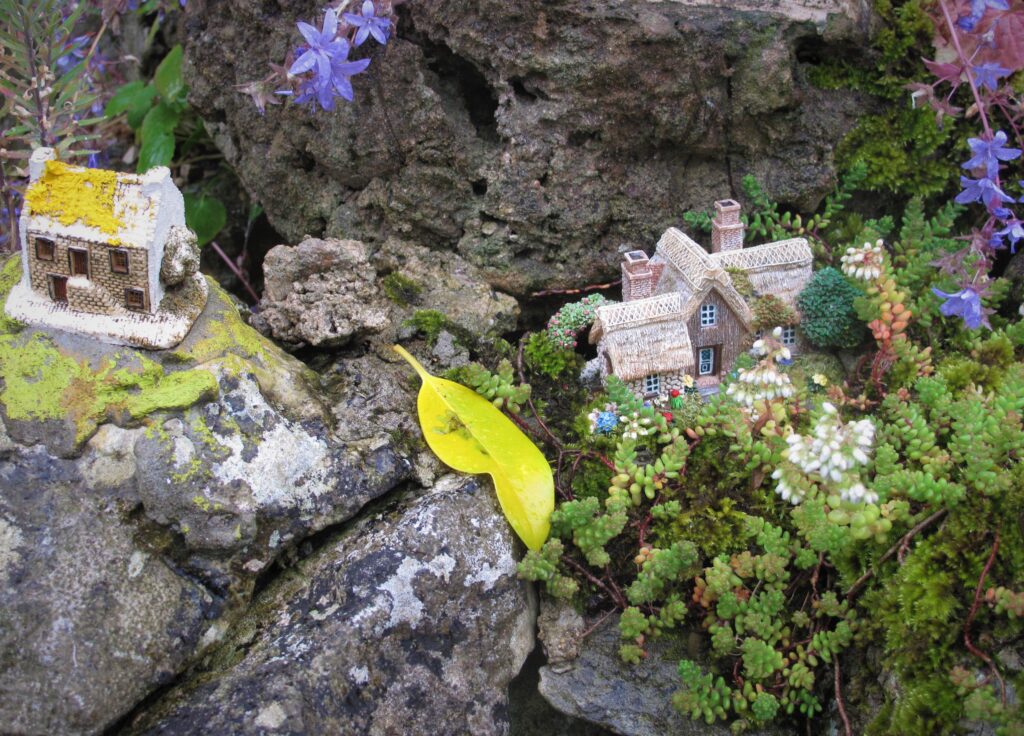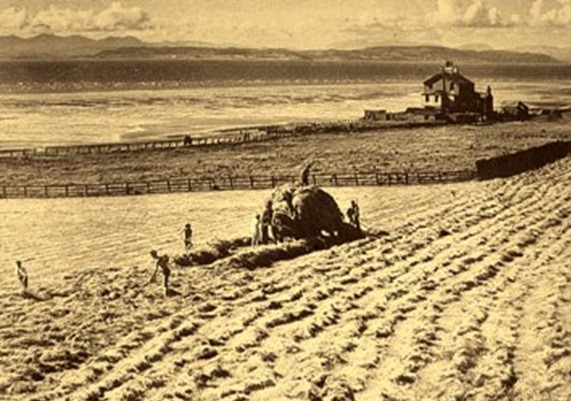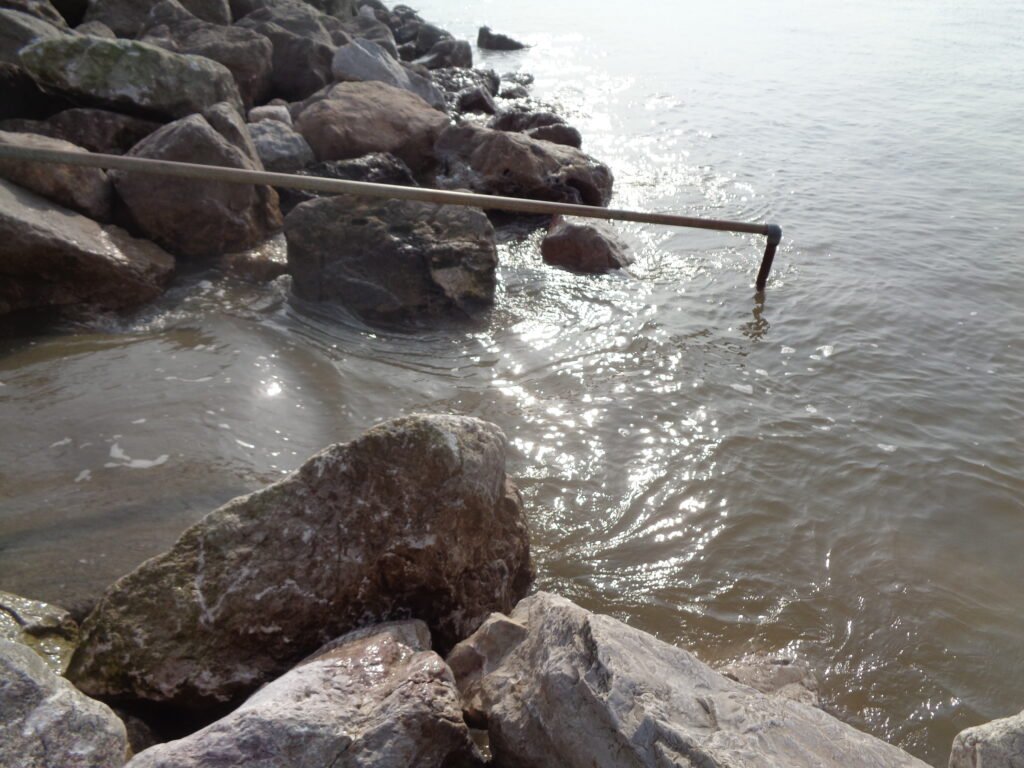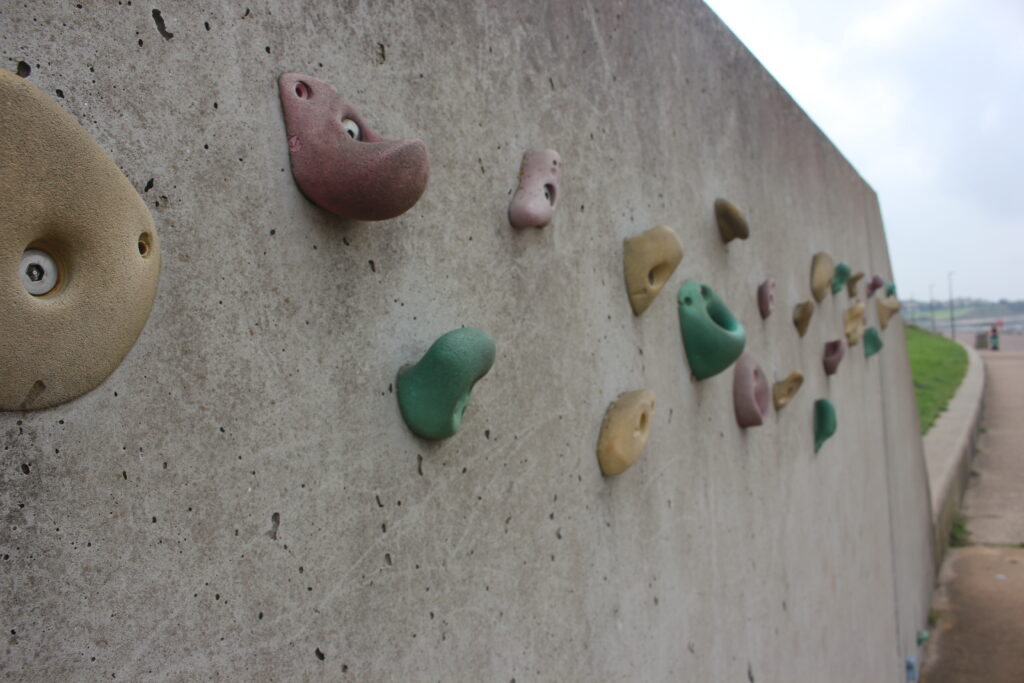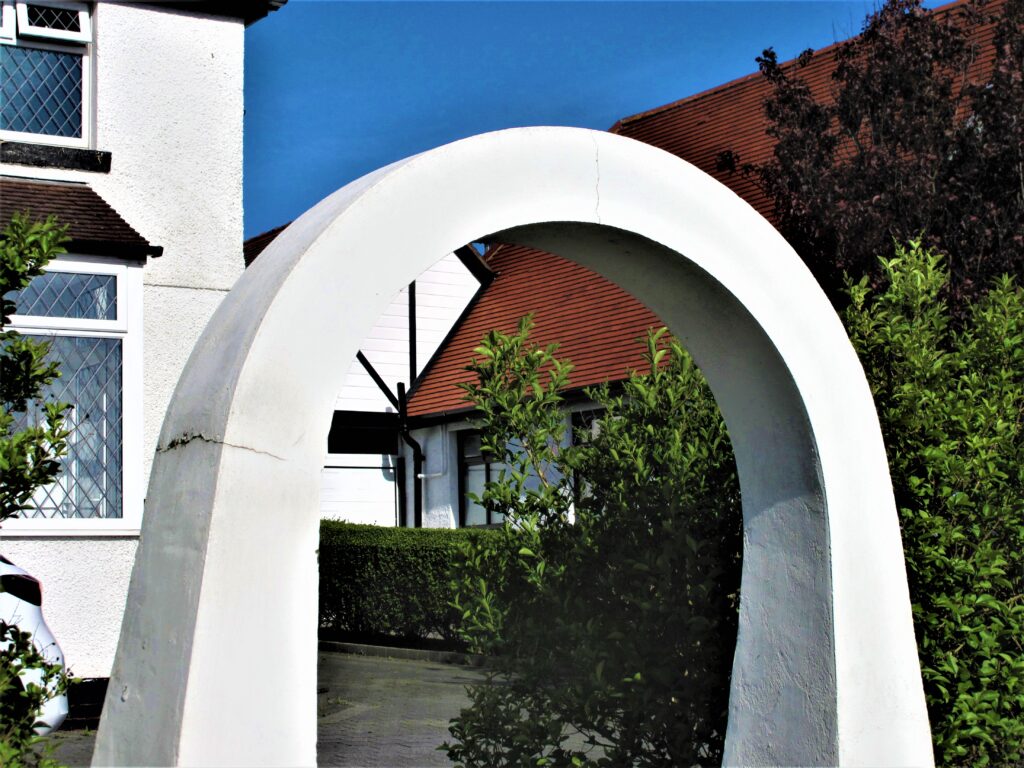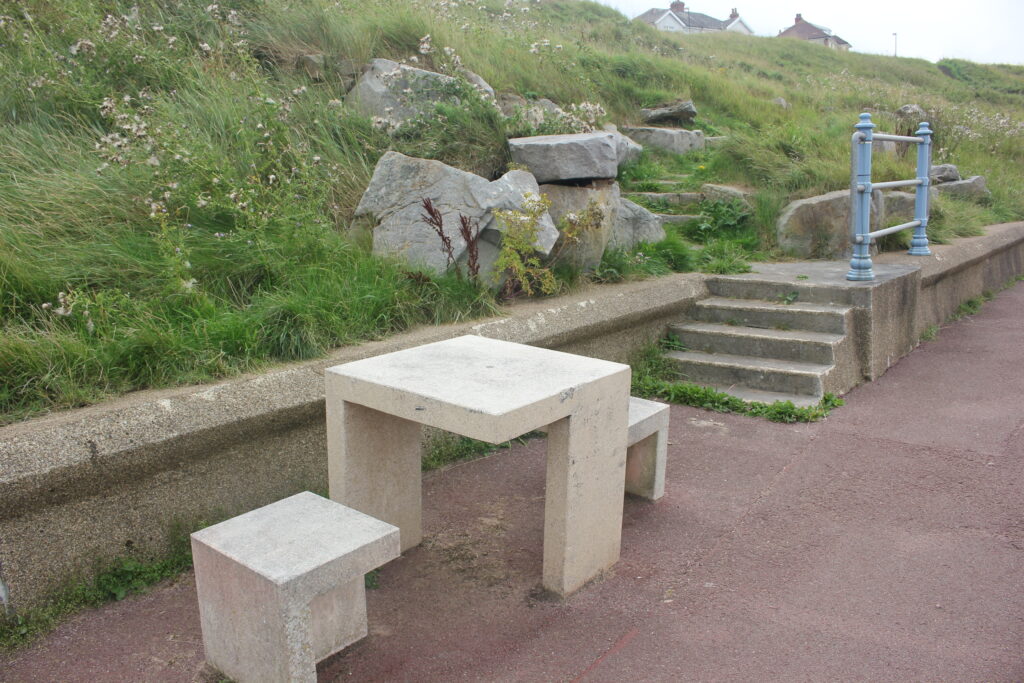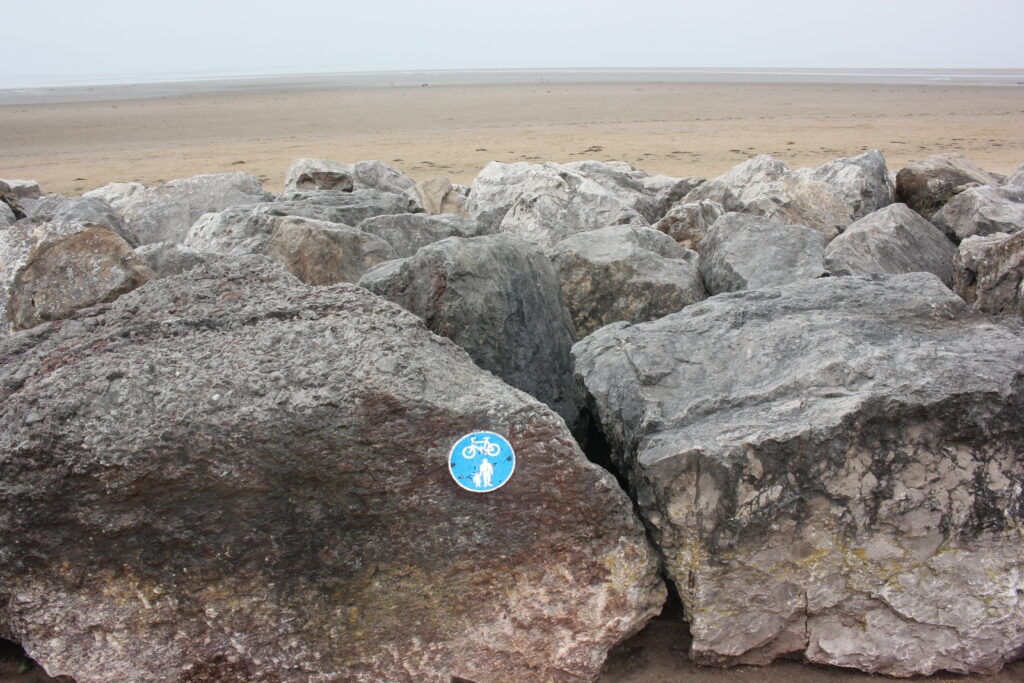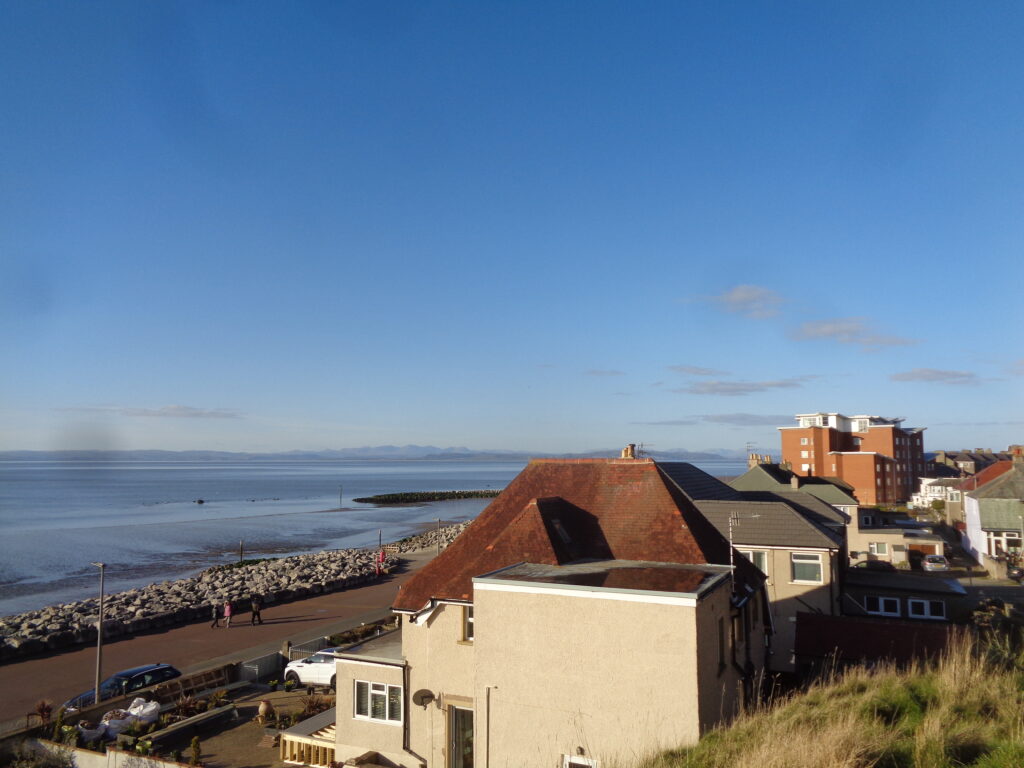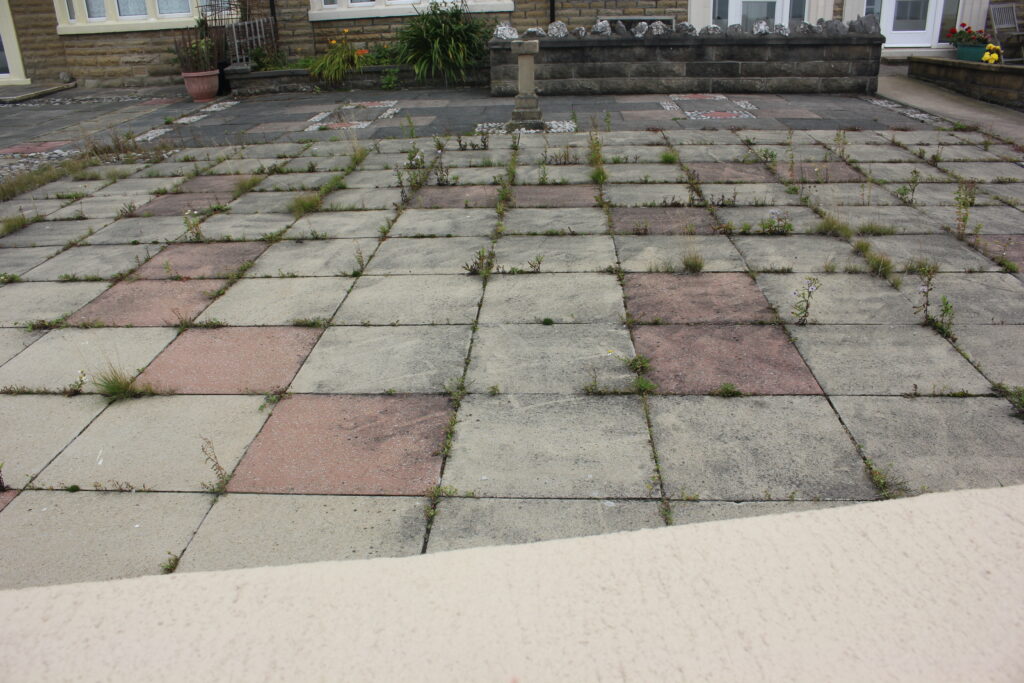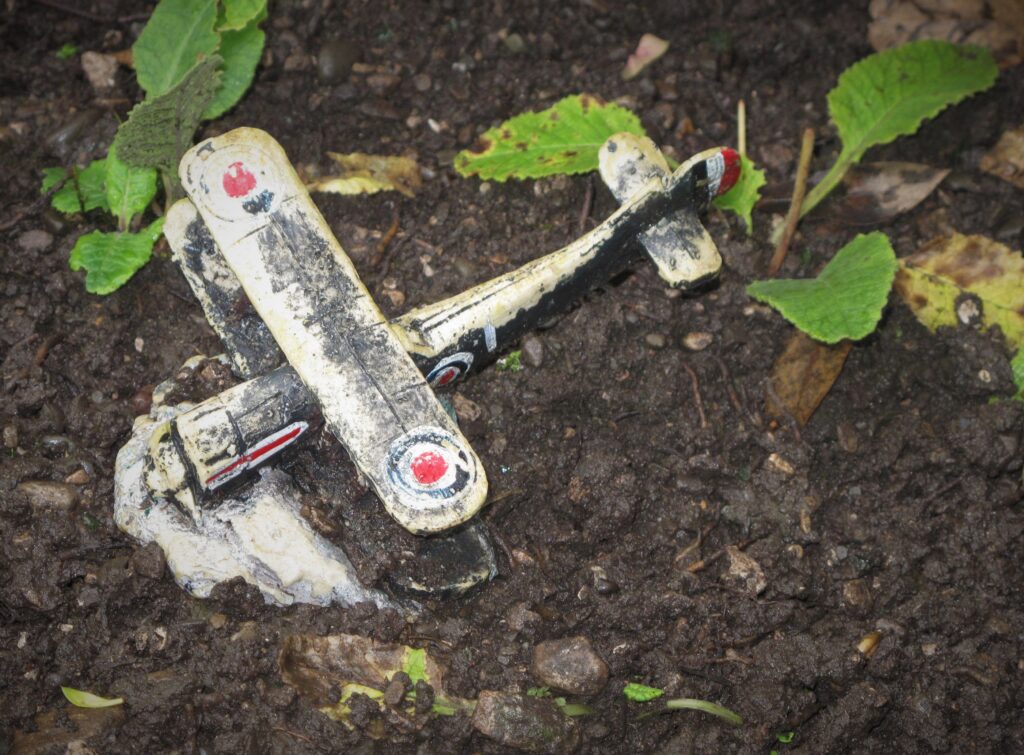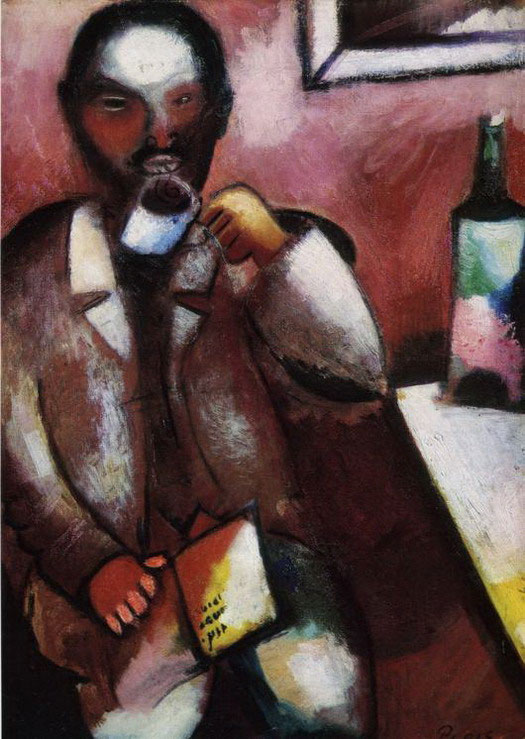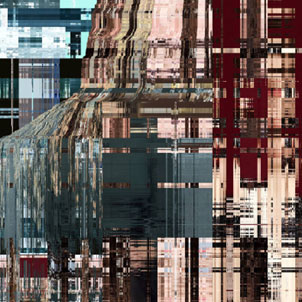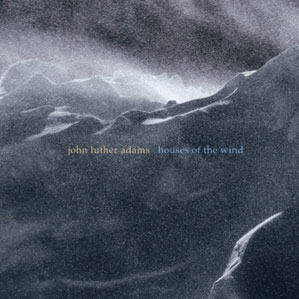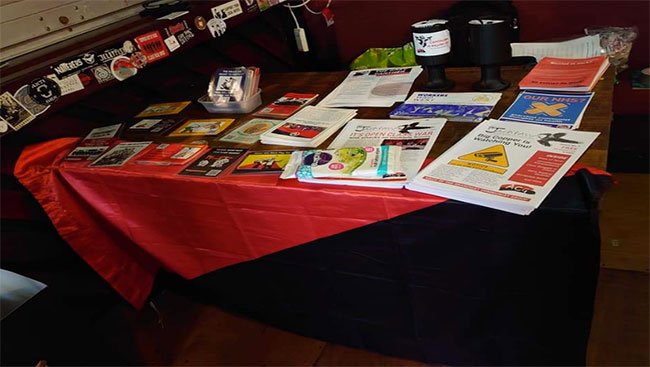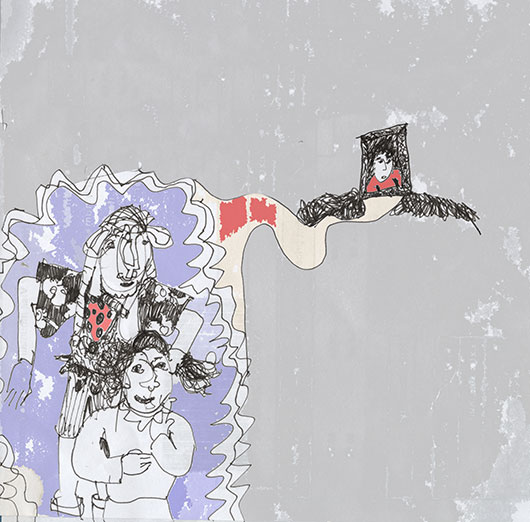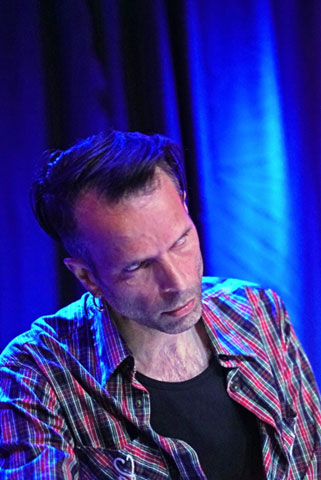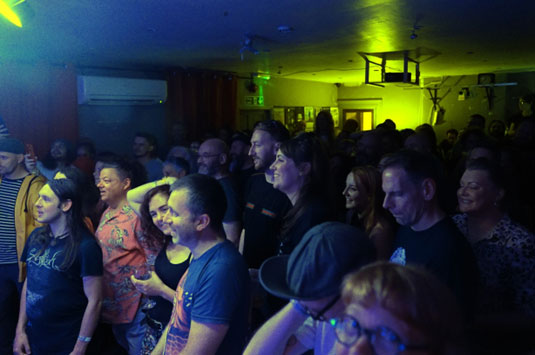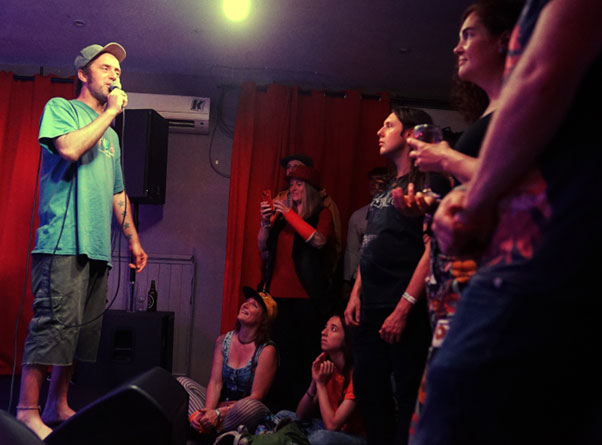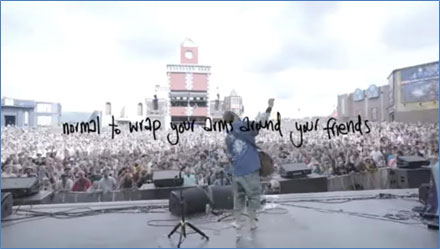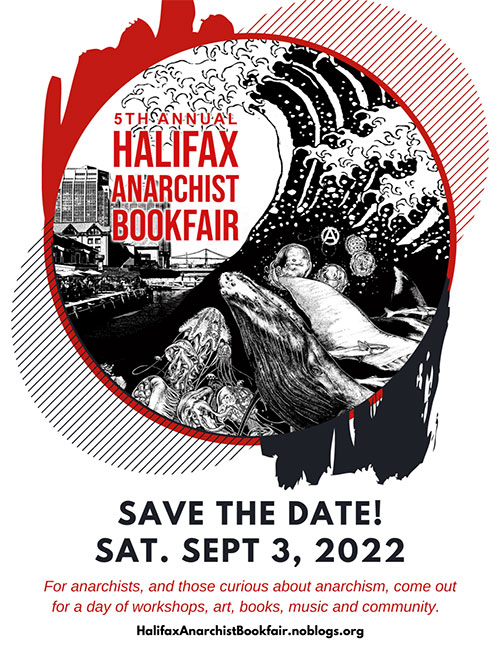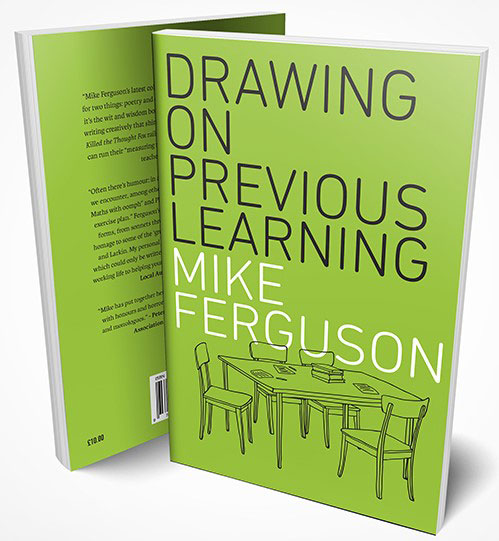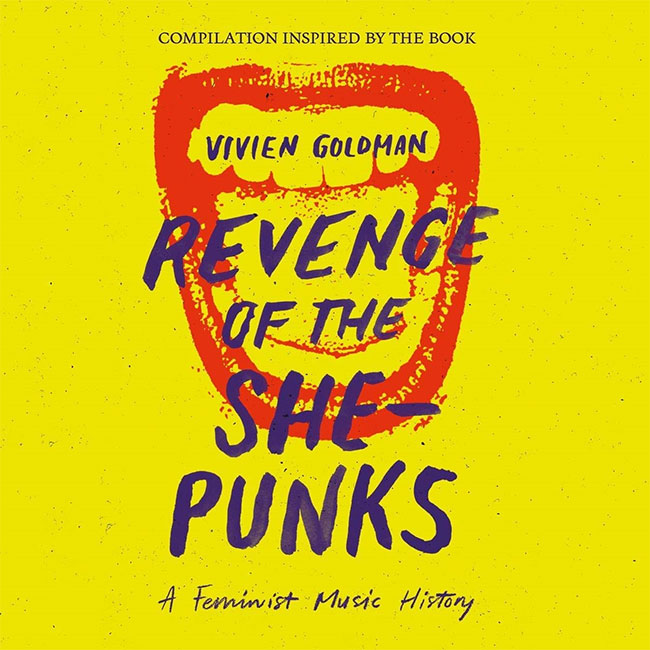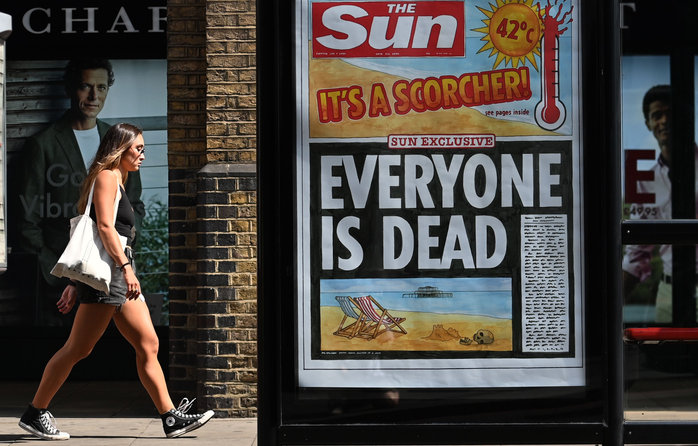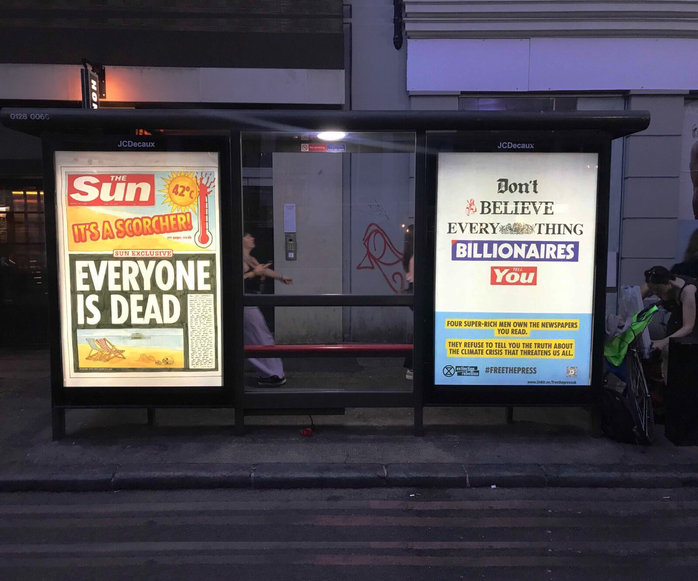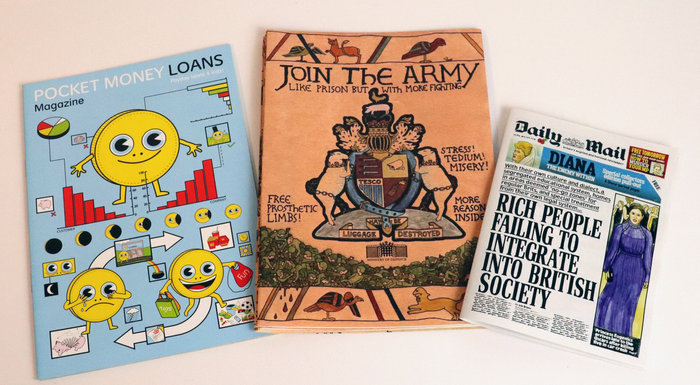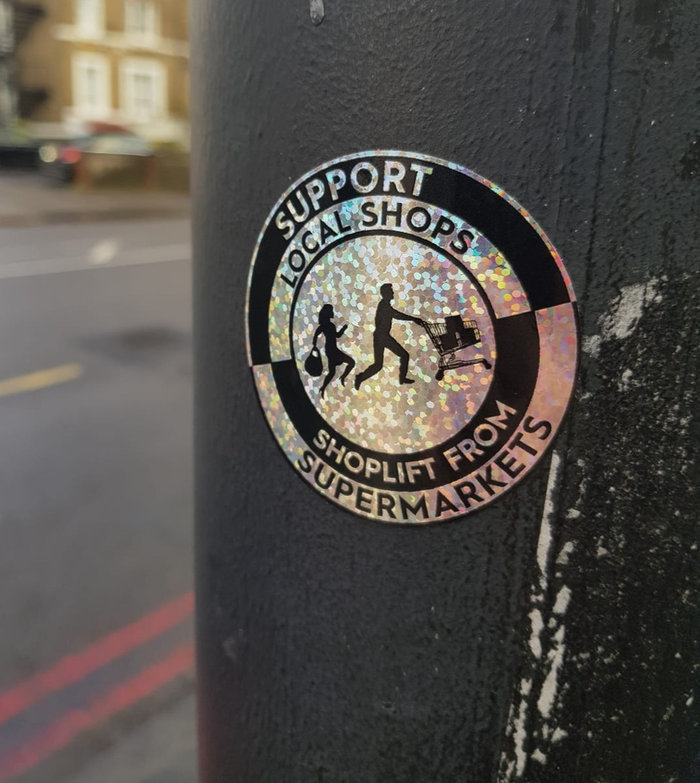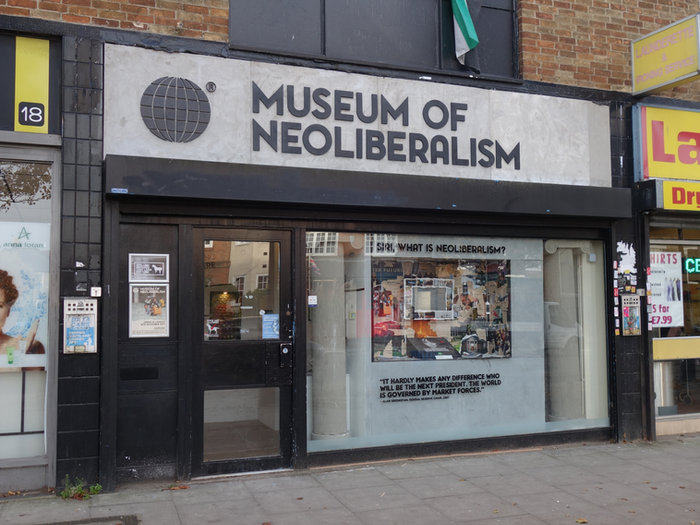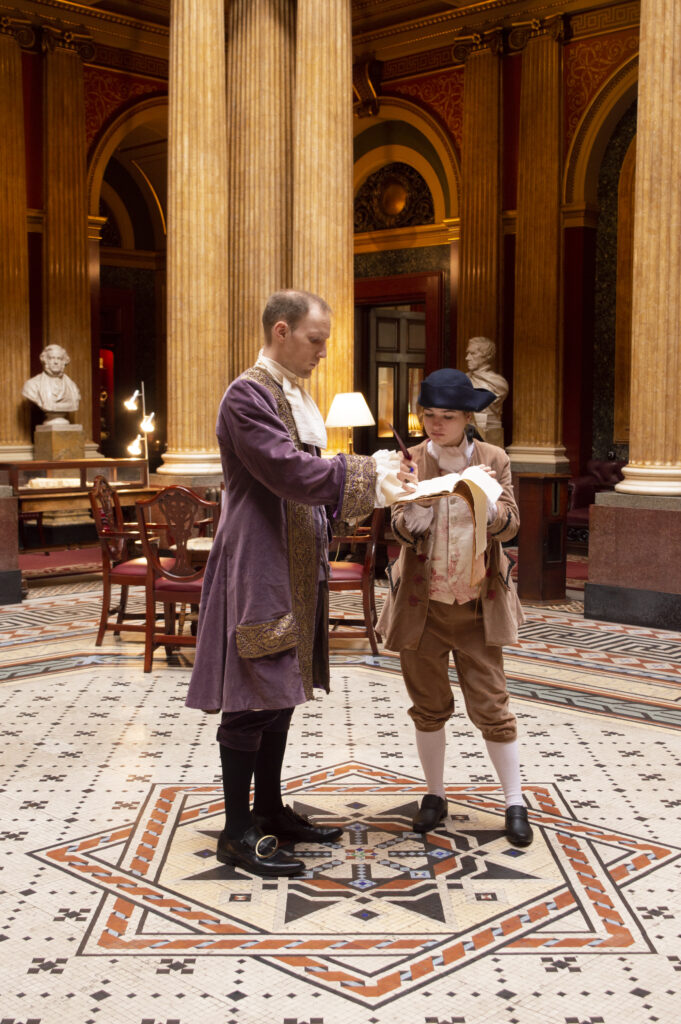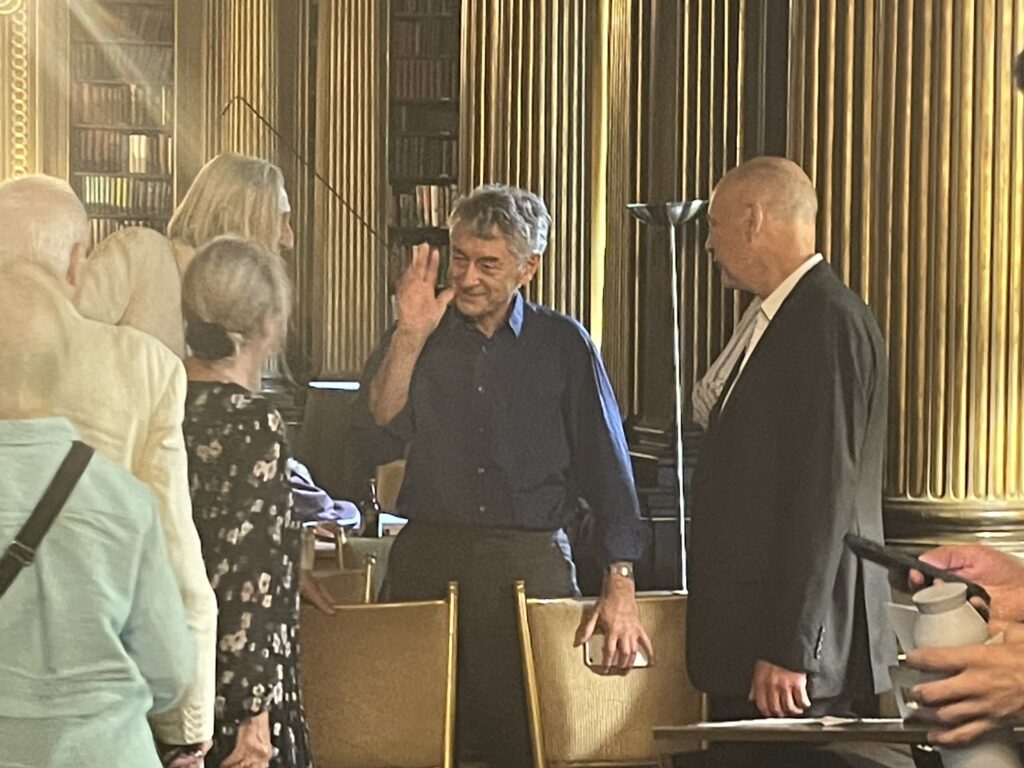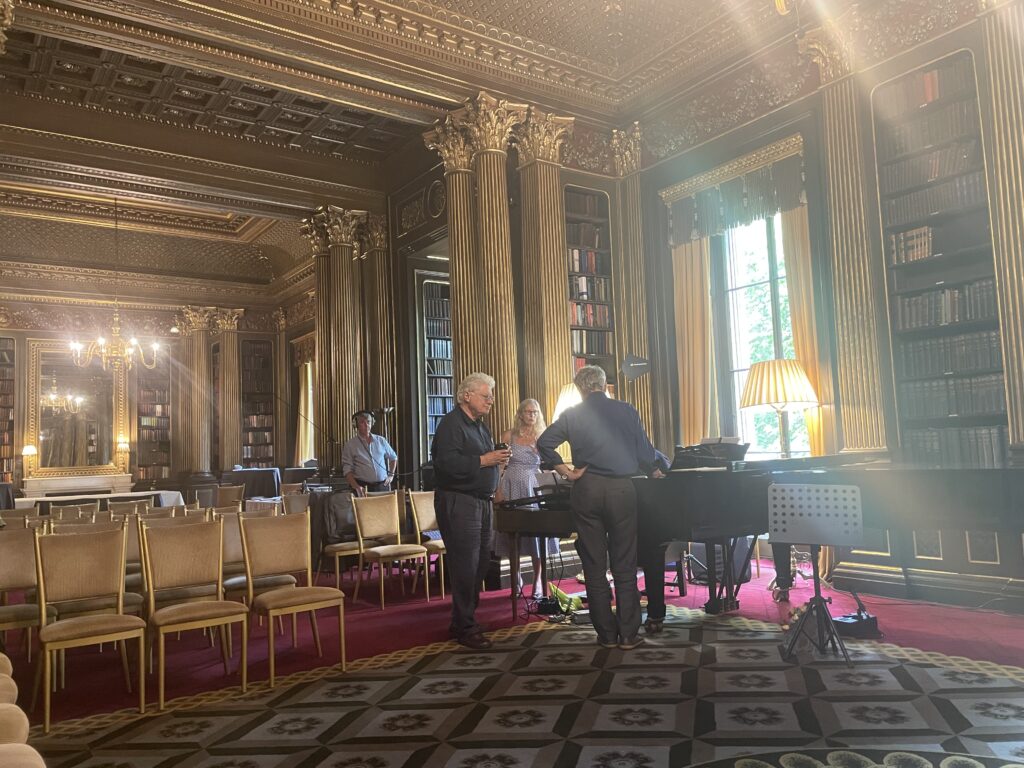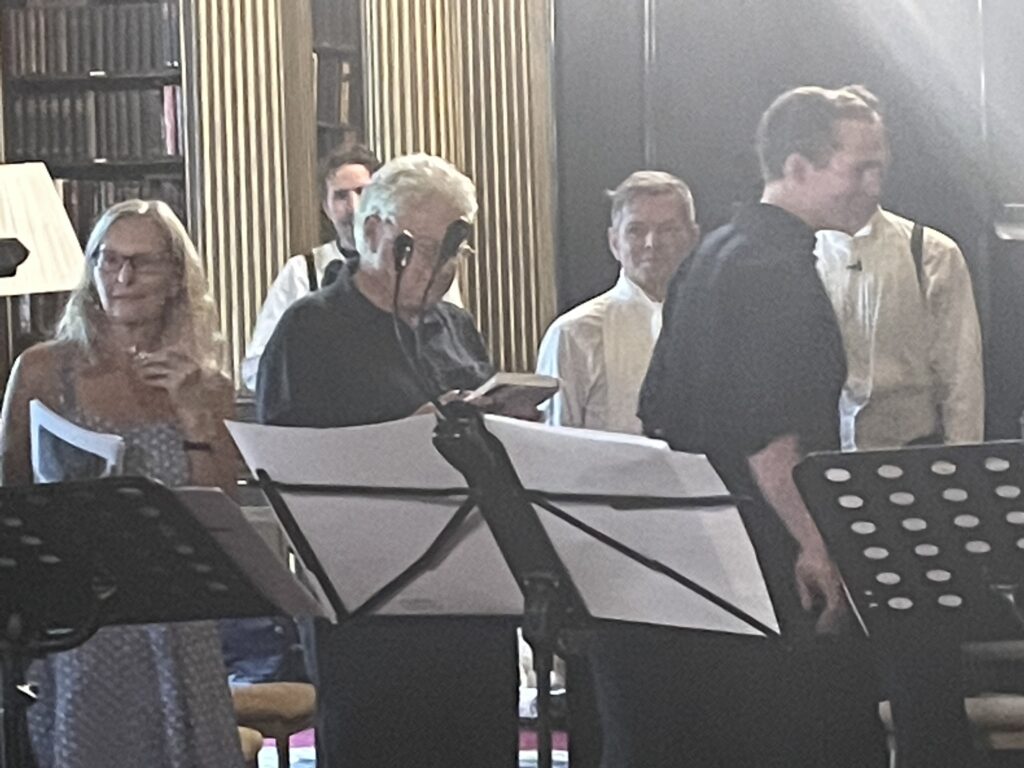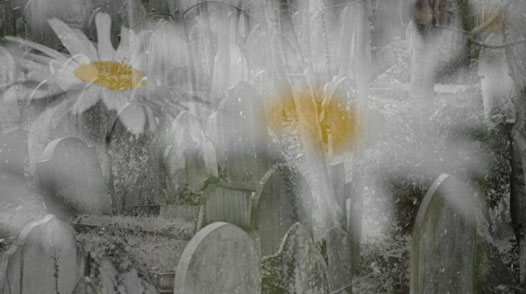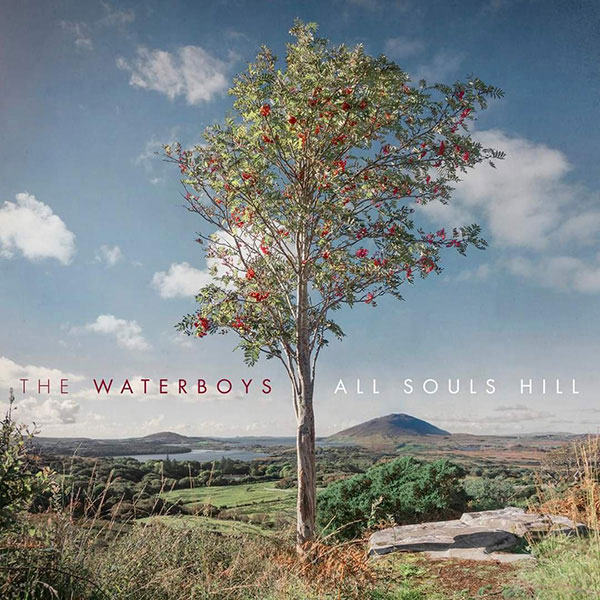by David Zigmond
© 2022
In the last century medical science and practice has made such substantial advances in the control or elimination of physical illnesses that human lives and lifespans, in all but the poorest societies, are utterly transformed.
But what about distress that does not have such clear physical causes? Then the misdirected expansion of medical sciences has very different consequences. A recent seminal example from the UK shows how different that can be. This long essay is a cultural and historical analysis with a view to where our society may be heading.
Watch out for the fellow who talks about putting things in order!
Putting things in order always means getting other people under your control.
– Denis Diderat, Voyage (1796)
Water is H2O, hydrogen two parts, oxygen one, but there’s a third thing that makes it water and nobody knows what that is.
– DH Lawrence (1885-1930)
Preface
England, July 2022: We have yet another fusillade of shocking headlines and hot-news broadcasts regarding our NHS – it is not just discordant, lurching and wounded, it is now also actively wounding. Familiar questions are necessary: how does publicly-vaunted ‘expert’ care turn to such abuse or manipulated damage? Why wasn’t it stopped? Who knew? Who is to blame?
The underlying tale (which we will shortly describe) is certainly interesting and one whose importance will endure; the story itself is told here only in outline. The larger part of this article then turns to the first two of the above questions – to considerations of broader cultural change, or zeitgeist. The last two questions – more usual staple for our news media – tend more towards defining and locating due culpability and litigation: varieties of whodunnit? These enquiries are already being pursued elsewhere.
*
The story that follows takes place over many years, has many strands and presents us now with wide-ranging meanings and implications: these make up the larger part of this study. Unusually perhaps it makes easier sense for the reader to be started at the end of the story and then to be guided backwards. So herewith:
The story in brief
At the end of July 2022 the Gender Identity Development Service (GIDS), an NHS service provided by the veteran and world-renowned Tavistock Clinic, was closed by executive order. This followed an investigation and report that found that the GIDS ethos and methods flagrantly disregarded complex but essential personal questions and predicaments and then drove off mounting unsupportive evidence. The report concluded ‘[GIDS] is not a safe and viable long-term option’.1 As we will see, that judgement tends towards diplomatic euphemism.
Of course, in recent years we may have heard of similar-sounding, verified accusations against some NHS services, yet this – the Tavistock’s nadir – is exceptionally interesting and ominous. Let us return to the story to understand why that is so.
*
The function of GIDS was, in essence, to help bewildered and troubled young people in their decision to change sex. This task, as we will see, is massively complex; it is contentious and often paradoxically enigmatic. Indeed, this assumed therapeutic task is very different from the traditional nucleus of healthcare’s responsibilities, understanding and effectiveness (more on this later). However, the Tavistock GIDS always maintained that it adequately heeded and respected this complexity by, for example, providing three ‘therapy’ sessions prior to pre-pubertal children (usually girls) being offered puberty blockers – surely a life/destiny-changing intervention. This ‘therapy’, the Tavistock claimed, was ‘affirmative’ (their term) in its ethos and procedure and thus apt and sufficient.
‘Affirmative’ might sound reassuringly good and positive, but it essentially meant that the child’s statements and wishes would be simply and almost automatically believed and accepted, thereby speedily expediting the Tavistock’s prescribed treatment package. We can imagine this by speculating a brief, condensed dialogue.
Small child, patient (P): ‘I hate being a girl, hate it. I want to be a boy, like my brothers … I always have …’
Tavistock Practitioner (TP): ‘Really? Always have? …’
C: ‘Yes!! That’s what I feel. That’s what I am…’
TP: ‘OK. Well that’s clear. We can start you on some puberty blockers then.’
Such ‘affirmation’ became increasingly regarded as both false and deceitful from 2004, first by some courageous professional staff and then later, even more worryingly and in increasing numbers, by ex-puberty-blocked patients. Both groups agreed that the packaged ‘affirmative therapy’ was more like a persuasive, didactic procedure that felt like pressure, even subtle coercion. For the following eighteen years there were complaints of this type, then GIDS’ counter accusations alleging of the complainants’ transphobia (where thoughtful ‘trans-scepticism’ was more true), then on to staff dismissal, resignations and litigation. The accumulating tumult (amidst a twenty-fold increase in referrals to GIDS) led to the investigation and report.
The report’s findings? That this previously august, cautiously learned, and thoughtfully solid institution – the Tavistock Clinic – had somehow become inculcated by, and then in thrall to, a practitioner-group who behaved more like religious cultists or pyramid salespersons.
This perversion of medical competence and culture in such a (previously) redoubtable institution is intriguing and ominous. What is its significance? How did it happen? And why?
To best answer these questions we need to go beyond the report. If the report is like a Judge, this survey will, instead, try to comprehend more widely, like a criminologist. Here then are some other perspectives:
1. The Tavistock Clinic
The Tavistock Clinic’s beginnings, from 1920, were so different from the GIDS debacle a century later that it can be viewed as a kind of institutional drama, or even tragedy.
The Clinic was set up by pioneering doctors wishing to help shell-shocked victims from World War I via (then) unusual non-invasive, non-physical methods. They wished, exceptionally, to relieve suffering in ways that were personally evocative, exploratory and meaning-infused. Put a different way, they wished to heal by creating personal relationships, understanding, agency and growth (‘pastoral healthcare’), rather than treat more impersonally with prescriptive, often invasive, procedures to which the patient was enjoined to submit (attempts at ‘curative treatment’).
These were the foundation stones – then the long mission – of the Tavistock Clinic. What was then generated expanded to the Tavistock Institute and Centre or, more generally and informally, a ‘Tavistock Culture’. All of these pursued deeply thoughtful studies and services to refine pastoral healthcare with infusions of ideas from psychoanalytic and social psychology, and broader sociology. Interest for many decades has been in the potential of understanding between individuals, families and communities – certainly not technologies of control.
Yet controlling technology is certainly what GIDS brought to the Tavistock. This Trojan Horse, or cuckoo-in-the-nest, was startlingly different from its institutional predecessors or then current Tavistock ‘siblings’. Those Tavistock employees who then questioned or opposed this coup-like change of values and vision describe the kinds of targeted disempowerment and excommunication meted out to them; they are the kind commonly found in politics, corporate machinations and religious cults.
Again, how did this happen, and what does it mean? Maybe we can see this, more generally, as an ageing phenomenon: institutions start with youthful vigour and clear ideology; they grow, trade and ‘marry’ to beget ‘children’; they grow old, vision blurs, reactivity retards, their mission loses vigour, memory and freshness; the ancestral home is sold off, or slides into tired, devitalised decrepitude … or gets inhabited by some Others.
While many Tavistock GIDS’s conscientious-objectors do not think the Tavistock is in general geriatric decline, they have experienced the GIDS dominion-enclave as being akin to ‘hosting’ a parasitic Tapeworm.
Well how does that happen?
2. The Marketisation of healthcare
It was in the Thatcher era that the first seeds of NHS marketisation were sown. This project has since grown, extending its seeding with increasing amounts of artificial fertilisers (eg PPIs). This ‘success’ has been bought at the expense of many problems, now long-evident to both practitioners and patients, yet no government has had the candour, strength or courageous resolve to undertake the formidable task of thoroughly undoing this long mistake – our now deep-rooted marketisation of healthcare.
What are these mistakes? Well, many are the familiar commerce-caveats: creating/provoking/stimulating discontented demand; aggrandising and falsifying claimed product qualities; replacing convivial cooperation with mistrustful suspicion; what-is-good-for-the-product/market-is-often-bad-for-the-people-making-it; the consumers’ appetite may far exceed their wisdom for restraint; relationships increasingly being relegated to transactions…
All of these can help us understand the misbegotten nature of the twenty-year GIDS folly. What marketisation of such complex welfare can be seen here to manage with remarkable efficiency is to replace the conscionable, vocational core work of care with more expedient institutional manoeuvres that ‘make money’: ‘That’s how we make money for this Department/University/Trust!’ is now a commonly heard enjoiner in management committee rooms throughout marketised Welfare services, though never so starkly in official minutes. The pretence of officialdom is to publicly maintain that it is the welfare activity that is being well served, not the power or profits for the organisation. So it was – I believe – for the Tavistock Clinic. Their traditional in-house fare of careful, thoughtful pastoral healthcare was certainly widely well-respected and long-established. But these sterling qualities are low-revving, cannot excite much new market interest or provoke trending appetites. They won’t make much money for the Trust.
But ‘Gender Dysphoria’ is something else. In our age of overwhelming multiple consumer choices, digitally amplified anxieties/alarms/doubts to share with more and more ‘influencers’ and ‘friends’, identity challenges in a world whose changes accelerate faster than we can often understand and assimilate … now there is an opening to a high-yield market: that will make real money for the clinic.
That is, so often, how the market works.
3. Commerce, consumerism, choice and commodification: the 4Cs
As we will see, these 4Cs are synergistic and interdependent. And since the Industrial Revolution most ‘developed’ societies are increasingly driven by, and yoked to, them. The ‘growth economy’ – no matter how unviable it may be long term – is deferred to as a pre-eminent index of national robust wellbeing in the Darwinian international struggle-for-survival. All these are axioms of neoliberalism.
These notions are hardly new, but they do have particular consequences when needlessly unleashed in healthcare: this Tavistock tale is a very good example of what is increasingly happening, and its subtle – so often hidden – complexity.
The Tavistock’s swerve of values – from discrete, patience-with-patients, pastoral healthcare to market-igniting, market-chasing ‘curative’ treatments – largely rides on the back of the 4Cs. Superficially, the terms of the 4Cs – of neoliberalism – were well served by GIDS. Management could speak of ‘good (economic) performance’, success: GIDS had cannily defined a consumer-need and product-solution, they developed teams and plans to promote, market and deliver that service, and so the service expanded – massively – to answer unmet needs … and so GIDS filled its coffers (and presumably that of the hosting Tavistock Clinic).
This is the NHS market at work. Yes, it can be argued to function reasonably well (though still disputably) with – say – hearing aid provision. That is because a) hearing loss, although subjective, can be well-enough objectively verified and measured; we can effectively objectify the experience (ie hearing), b) hearing loss (ear wax excepted) is a stable condition, mostly uninfluenced by other life-problems and developments, c) hearing aids for the right kinds of deafness are the only solution and almost always successful, d) serious side-effects are almost unknown; massive adverse life changes have never been attributed to ‘wrong’ hearing aids. The market here is certainly tolerable (even if financially exploitable): it can work well with certain clearly technical services.
But for prepubertal gender reassignation? None of the above considerations are similar with gender confusions. We cannot directly know, measure or verify the child’s experience, or accurately predict its stability or disability; we cannot here confidently objectify the subjective. Yet wrong decisions – however well intentioned – are frequently massively harmful to later physical, relational and emotional life. Later serious complaints pursued against the Tavistock clearly demonstrated all this.
Notably, as we shall see, there is a strong equivalence between what is most incongruously and incompetently dealt with by the medical model and the harm the 4Cs might do there.
4. The medical model: the regime of the objective
To understand the basic fault of the GIDS project we need to take a closer look at the medical model.
Medical science, like all science, is anchored in objectifiable observation. From there it can develop testable and refutable hypotheses and so on … to (relatively) reliable and durable knowledge. Throughout all these objectivity and empirical enquiry remain preeminent, the bedrock.
In the last century the many potent successes of medical science and practice have depended on this essence: the extraordinary (to other eras) advances in treatments all derive from refinements in objective observation and evaluation – for example, powerful high-discrimination imaging, sampling of deep tissues, measurement of the body’s myriad chemicals … and then the mass-processing of these into ‘data’. Only rudiments of these were available a hundred years ago: objective tools were far fewer and more primitive, so medical practice then derived far more from hunch, precedent, tradition, faith, belief and persuasion.
So in this last century, together with the massive advances in engineering and mass-production, we have seen the coming-of-age of the related medical model (MM). This medical maturation – via the sharing and conventions of scientific language, observation and knowledge – is able to apply principles of mass-production and biomechanisms to the foundations of our modern medical services. Firstly, to accurately categorise the observed faulty mechanism (diagnosis), and, secondly, to administer the accurate remedy, eg elimination, replacement, repair, adjustment, etc (treatment).
So the very successful medical model is predominantly biomechanical and thus deterministic. In consequence MM is necessarily didactic: it defines and controls the other.
Yet, as we will see, this bodes ill when applied excessively to gender dysphoria.
Why is this?
*
We need to acknowledge how even with many evidently physical illnesses – despite our enormous shared bank of objective observation – our treatments are still rendered ruefully ineffective: common examples are many cancers and dementias, or even the common cold.
Nevertheless there remains a cardinal principle that generally holds true: the medical model is safe, effective and reliable in direct relation to how much it is based on the objective. This means that MM’s effectiveness and compatibility is mostly with indisputable (ie observable/measurable) changes in the body where often – fortunately now – we can procure expert ‘curative treatments’ – varieties of manipulations back to health.
So medically modelled practice has certainly made massive gains on this home territory yet, inevitably, struggles increasingly the further it departs from it. This means that the less physically anchored and directly observable is a person’s problem or distress, the less well the didactic MM can ‘manipulate them back to health’. Other, less controlling approaches – something else – is called for. The Tavistock Clinic used to study and practice that ‘something else’ very diligently.
For all its evident success, this remains a very substantial limitation to the medical model’s reach and legitimacy because most distress patterns brought to healthcare – at least initially – cannot be simply and clearly objectified and thus biomanipulated. This is because the distress or disorder is primarily that of experience. This is obviously true of mental health, yet much of general practice, too: ‘functional’ bodily complaints, for example, where demonstrable physical changes are undetectable or controvertible, are a large (some would say the largest) part of the work.
Nevertheless there certainly are many attempts to apply MM to distressed experience or behaviour: this accounts for much of mainstream psychiatry, which is dogged in, and by, often doomed attempts to exactly and securely define experiential or behavioural ‘pathology’ and manipulate this back to health (psychiatric treatment). Why doomed? – because mood, fantasy or impulse cannot be measured precisely as can, say, a serum calcium or a cardiac chamber size. Likewise, we cannot repair a dehisced marriage as we can repair a detached retina. Or remove the hauntings of a loveless childhood as we can an infected appendix.
That is why cardiac or ophthalmic surgery, say, have far more predictability, success, satisfaction and peace than the eternally troubled, contended and often confused domain of mental health. It is not that MM has no place in mental health, it is rather that its role is usually much less than, and different from, the role it so often, and so exceedingly is promoted to.
In its first eighty years the Tavistock Clinic was a beacon of wisdom in conveying this caution and discrimination: in the last twenty years it appears (at least to this outsider) to have been abducted and then taken hostage.
5. The medical model and the consumer society
So how did this happen at the Tavistock? How did they first host, then become in thrall to, and then occupied by, this cadre of Mental Model Fundamentalists? Without accurate information about the hidden politics or relationships at the Tavistock we can only make crude, guesswork speculation about their particular proclivity.
But we can make more general yet confident observations about what is happening increasingly widely in society; the cultural tides which, unpreparedly, often unawaredly, we are all likely to be dragged by and into.
*
Our increasingly industrialised – now robotised and automated – society has in many ways made deskilled yet hungry consumers of us all. Hardly any of us now make, maintain, repair or grow the many things in our lives. (If we do, it is often as a recreational hobby or we are employed in a rare niche market.) Most of our worldly needs are now mass-manufactured, packaged, labelled and swiftly despatched for us to choose-use-and-discard. Increasingly our objects and entertainments are whimsical and disposable. Payment and legality are the only likely conditions for consumption.
The gains here are evident; much less so our losses. As we increasingly depend for our lives on packages and commodities delivered from remote factories, so we lose certain near-to-home sentiences, skills and capacities. These are replaced by others more abstract (for example the decline of machine toolmakers, the burgeoning of data analysts). Increasingly, for most of us, we know how to work more and more of our ever-increasing entourage of machines and devices yet, paradoxically, have less and less idea of how they actually work. Usually this is now beyond our interest, capacity or responsibility. Such are essential features of consumerism and the growth-economy: our wants and needs should be fulfilled ever more swiftly, completely and effortlessly by remote armies of experts – inventors, designers, engineers, production managers, robots etc – whose job it is to seamlessly provide us with the object, service, experience or commodity we have ‘ordered’ (an interesting word). It is most unlikely we will have any interchanges with any of the contributing experts unless we are a litigant/complainant, a co-worker or a researcher.
This is the privilege, the power, the predicament of modern humankind. It is a near-universal human trajectory. Other species have some, but much less, capacity for such command-and-control, such delivery-on-demand: Homo instrumentalans seems, increasingly, to be a more accurate moniker than Homo sapiens. We can – more and more – create for our satisfactions what our predecessors could neither conceive or desire.
*
So how does all this fit in with the medical model, and then with the Tavistock? Well, the medical model can seem to dovetail, almost perfectly and very sensibly, with apparent solutions to our healthcare problems. By standardising and industrialising how all problems are coded, investigations are pursued, and remedies are packaged and then despatched, our often nuance-tangled welfare can appear to become radically sheared, focused, and then commodified. Healthcarers become commissioned ‘providers’ for ‘service users’ (née patients) who receive the ‘packages of care’ purchased on their behalf by delegated commissioners.
This can offer some superficial sense: the generic product (treatment) comes in a pack that is factory-assured; both patient and practitioner (think they) know, and can trust, the provided product; management and government (think they) know how many/much, what packages they are paying for, delivering, and why; the patient has only to describe the problem and then submit to the designated ‘experts’ investigations and treatments … the patients are then largely absolved of further thought and responsibility – those are now medical matters.
This is medical didacticism: to define and control. The patient’s role? To present and comply.
We have seen how this medical didacticism may work very well with structural fixable illnesses (curative treatments). Yet this approach is likely to lead to busy bossiness – paradoxically cumbersomely inefficient – when applied to functional and mental health problems. That is because these latter conditions instead usually require human skills and engagements that we cannot standardise or mass-produce: personal attunement, connection and imaginative understanding that lie outside the medical model. Notably these human approaches are closer to our erstwhile vernacular activities where we personally repair, maintain, make, and grow our lives’ needs and wants, rather than delegating to our current factory-trusted, choose-use-and-dispose industrialised consumerism.
Yet the lack of evidence for the efficacy of medically modelled treatments in mental and pastoral healthcare does not reduce much of its specious authoritative tenure or allure. Here is an important example: throughout the UK, for many years, our rates of psychiatric breakdown and psychotropic drug prescription and hazardous psychiatric breakdown have all continued to rise together. If diagnoses and prescriptions are effective, surely the rate of hazardous breakdown should fall. Meanwhile, likewise, Children’s ‘Neurodevelopment Disorder Clinics’ (née Child and Family Guidance clinics) have (or generate) a similarly-yoked increasing pattern of diagnosis-prescription-morbidity prevalence with ADHD and Autistic Spectrum Disorders. How is this so?
If the medical model is working well in viable territory, apposite prescription will lower the incidence of targeted morbidity, for example antibiotics to prevent quinsy or septic perforation of the eardrum, or vaccines to prevent smallpox or polio. If the incidence of a putative disease keeps on rising alongside its prescribed claimed remedies either the diagnosis is uselessly imprecise, or the treatment equally impotent. It may then be more helpful to think of these phenomena in ways that lie outside deterministic biomechanisms of the medical model which becomes in such cases, in fact, an Emperor-without-clothes. We need, for example, to then think from social psychological and cultural perspectives.
Clearly, the medical model does particuarly poorly at explaining the contagion-like spread of, for example, ADHD, chemical addictions, deliberate self-harm and eating disorders among the young. The subsequent medically modelled treatments may assiduously follow ‘correct’ protocol yet are so often capricious in course and outcome as to regularly perplex and frustrate both patients and practitioners alike.
Yet none of this seriously weakens the medical model’s oft-worn, regal-like mantle: a kind of hegemony assumed when operating in our vast territory of human dis-ease. Medical language becomes a kind of de rigueur lingua franca, psychiatric diagnoses exalted as essential facts (rather than bureaucratically created administrative descriptive packages), treatments believed to be ‘real’ definitive solutions.
So, the obvious question: if medically-modelled approaches become so often so inapt or inadequate in dealing with our complex and elusive myriad forms of dis-ease, why then do we continue to invest in these with such gullibility and faith?
The best answer, I think, lies in our cultural mindset – the often unconscious, shared and automatic assumptions our minds gravitate to.
*
Ever since the Industrial Revolution, then dizzingly boosted by the Digital Revolution, humans have massively increased their capacity for invention, production and control of objects, other creatures and other humans. The rise of science (objectivity) yoked to invention, technology and investment has yielded us more and more of whatever we need, wish for, or fantasise. Homo deus2 wants for little and need not wait long.
In the realm of physical illness, in pre-industrial times, death was capricious and common from afflictions that could (then) have no accurate diagnosis. People talked resignedly of Fate, God and Providence. Now we (mostly) live much longer; if we are sick and not yet old, there is so often an expert who knows exactly the faulty biomechanism and can fix it: we now talk more rarely of Fate, God or Providence. Technology and its experts will provide.
So it is that our culture and our lives have become empowered and relieved, yet simultaneously, and paradoxically, we are often unable to then discriminate when our empowerments become encumbrances or hazards. This principle is often disturbingly true in our vast wilder-ness of dis-ease and mental health. The Tavistock saga shows us just how tricky and risky this is when applied to our internal worlds of sexuality.
6. Gender Dysphoria, the medical model and the consumer society
Whatever may be said about the insufficiency or inaptness of the medical model in dealing with functional dis-ease (experience), this becomes especially true of human sexuality. Yes, the medical model can certainly provide us with reliable and accurate knowledge about our anatomy and physiology and its structural pathologies. But it rapidly loses these competencies when venturing into our often chimeric and hallucinogenic realms of sexual experience.
For sexual imagination is riven with paradoxes, often fleeting yet powerful, and uncontainable (except, only apparently, by edict or coercion). Whatever we say about it, it may sometimes be true yet often not … and so, too, is any opposite notion. Our sexuality excites both our most intense desires, yet our most swirling fears, avoidances and bewilderments – often all bound together. The light is exultant, soaring to release and ‘freedom’; the shadow is the sequestered trapping and hauntings of shame, guilt or fear-phobia-fascination. Sexual experience is where our private unbidden internal imaginings often propel us to acts and pleasures we cannot otherwise understand or explain. Sexual urges are, necessarily, the origin of our existence but then, later, may become the scrambler of our life-design, the ‘joker’ in the pack of human intent. In our private recesses our sexuality is feral and inchoate; our dreams are often alarmingly far from our actual conduct or even conscious reverie.
What accounts for such chaos? Why is human sexuality so ‘polymorphously perverse’ (as Freud put it), so irrational and unteleological? It is as if a line has been thrown over the gun-whale of Homo sapiens that then drags us down to remnants of earlier life-forms and life-stages, our ontogeny and phylogeny. Science has little effective to say about those quicksands of our intimate urges, imaginings and undertows.
Clearly, what we have been considering here are complex, almost ubiquitous questions of sexual imagination and identity. Such a flammable cauldron shows early and particular disturbance in the frequent lability and instability of later childhood and adolescence. Those earlier years are, almost inevitably and universally, a plastic and empirical period: they herald a wake of bewilderment, turbulence and testing-out (often for all involved). Questions are often insistent and intense: Are you my real parents? Did you really want me? What is the point of it all? Is this my real gender, my real body? Are my sexual imaginings really mine, or do they come from somewhere else? Am I straight, or gay, or alien/composite? In the middle of this developmental maelstrom the young person may cling to a mistaken notion like a storm-battered survivor clinging to an unknown rock in a perilous sea. The wise adult may see the probable transience of their ‘certainty’, but the young person, for a while, cannot.
This, then, might account for much (though certainly not all) of the recent dramatic increase in young people’s gender confusions and anxieties. This clustering – gender dysphoria – is like a communal fetish or hook whereby all kinds of other fears, troubles or hauntings are displaced, channelled, hung and displayed. The body and its gender become the new and conventional icon or battleground. The transmission of this developing ‘language’ – now a social contagion – is currently ignited by the Internet and digital technology, particularly among dependent users. It is now easier than (possibly) ever to lose one’s mind, or be unable to find it: this is akin to drug-induced changes in consciousness, except that it can be thousands and millions thus affected. Never have so many been so easily influenced in so many ways by so few.
The doubtful reader might consider the current parallel processes of burgeoning ‘fake news’ and the allied rise of specious yet dangerous populisms.
No, such contagious fetishization does not account for all cases of gender dysphoria, just most of its recent alarming and uncontainable increase. There remain the far fewer, much clearer, yet still mysteriously generated, cases of gender dysphoria that become more stable into adulthood and may therefore be more confidently and ethically treated then by reassignment via hormones and surgery. A good example was the late Jan Morris, a candid and highly intelligent, candid and insighted writer who certainly knew his, then her, mind. That mind always seemed very clear but why it settled and developed as it did is a profound mystery: real science has nothing to say – while a quasi-science, like depth-psychology, can only speculate, often falteringly and arcanely. None can effectively explain, predict or control such territory of experience, identification and imagination. The medical model is a stranger here; when all else is clear and settled, only then can MM help technically with the physical resolution. That is what happened with Jan Morris.
Such technical mastery must never be confused with, or certainly substituted for, a very different kind of human knowledge – the always imperfectable and uncompleteable task navigating among our all-too-human kaleidoscopic vagaries and irrationalities.
7. Humanity’s Conundrum
The tale of the Tavistock’s debacle is one that tells us much about what can happen when technology and commerce are unleashed to assume decisive roles in our wilder-ness of labyrinthine personal encryption and fragility.
The fact that a team of publicly-funded medical specialists could be created to rapidly resolve such labile and delicately protean problems of human dis-ease says much about our now all-too-easy segue and deference to apparent technical fixes, and then commercial opportunity. The notion that we can take pre-pubertal children, who are often cyber-confused and overwhelmed by screened messages, and rapidly decide and define their lifetime gender is the madness of Homo deus: it is where Homo instrumentulans will eagerly go unless we can mobilise our wiser vigilance and restraints.
About fifty years ago the first Access credit card emblazoned the sales slogan: Take the waiting out of wanting! It was spectacularly successful: a sure sell. Why? Because it seemed to offer so much of the world that the Homo deus in so many of us wishes to inhabit. Abracadabra! What do you want, yearn for, fantasise? You, the consumer, can have it! Now!
And if technology cannot (yet) provide real-life fixes and satisfactions, fret not: the Metaverse will soon be here to service any remaining other worlds that you can conceive, and an illimitable variety that you cannot.
The Tavistock’s folly comes not from within any authentic and traditional medical vocation but from medical trespass, commercially fuelled, into the Abracadabra world conjured by Homo deus and serviced by Access cards. This world of you-can-have-what-you-want: you-decide was much less available when the term Homo sapiens was coined – few predicted then what would unfurl.
In our inhabitation of the world’s physical environment we are discovering that the ever-expanding empire of Homo deus is not compatible with the other lives and eco-systems on which we depend. Subsequent historians (if there are any) will record how Homo deus sleep-walked, then stumbled, into being Homo obliterans.
How, then, can we reverse this disastrous evolutionary folly and revert to a humbler Homo sapiens? We must have humility and insight enough to recognise how restless and insatiable are we humans – whatever we have it is not enough or perfect; we want something new, better, different, untried. Our choice-led consumer economy can certainly provide short-term palliation and distractions, but that is all. The hunger and searching will soon return.
The overflow from consumerism’s distractions and poultices is what makes for much of our dis-ease. This is probably uniquely human. (Q: do vets ever encounter gender dysphoria in dogs and cats?). The sapiens that is now demanded of us is how to restrain and contain ourselves; how to realistically and sustainably live on terra firma with its (sometimes necessary) limitations – what is there – rather than ceaselessly trying to escape into our worlds of fantasy – what is not there. How do we use fantasy as an entertaining embellishment rather than an imperative, a must-have?
This is humanity’s conundrum. That is what the Tavistock – detached from its previous wiser heritage – then neither discerned or respected.
To be without some of the things you want is an indispensable part of happiness
– Bertrand Russell (1872-1970)
—–0—–
Notes
1. From The Cass Review: Independent review of gender identity services for children and young people. NHS England, 2022
2. Homo deus is Yuval Noah Harari’s term for cyber-empowered, then cyber-dependent 21st Century humanity. Homo Deus. A Brief History of Tomorrow. Harvill Sector, 2016
David Zigmond is author of
Humanity’s Conundrum: Why do we suffer? And how do we heal?
Filament Publishing (2021)
and
If You Want Good Personal Healthcare See a Vet: Industrialised Humanity: Why and how should we care for one another:
New Gnosis Publications (2015)


